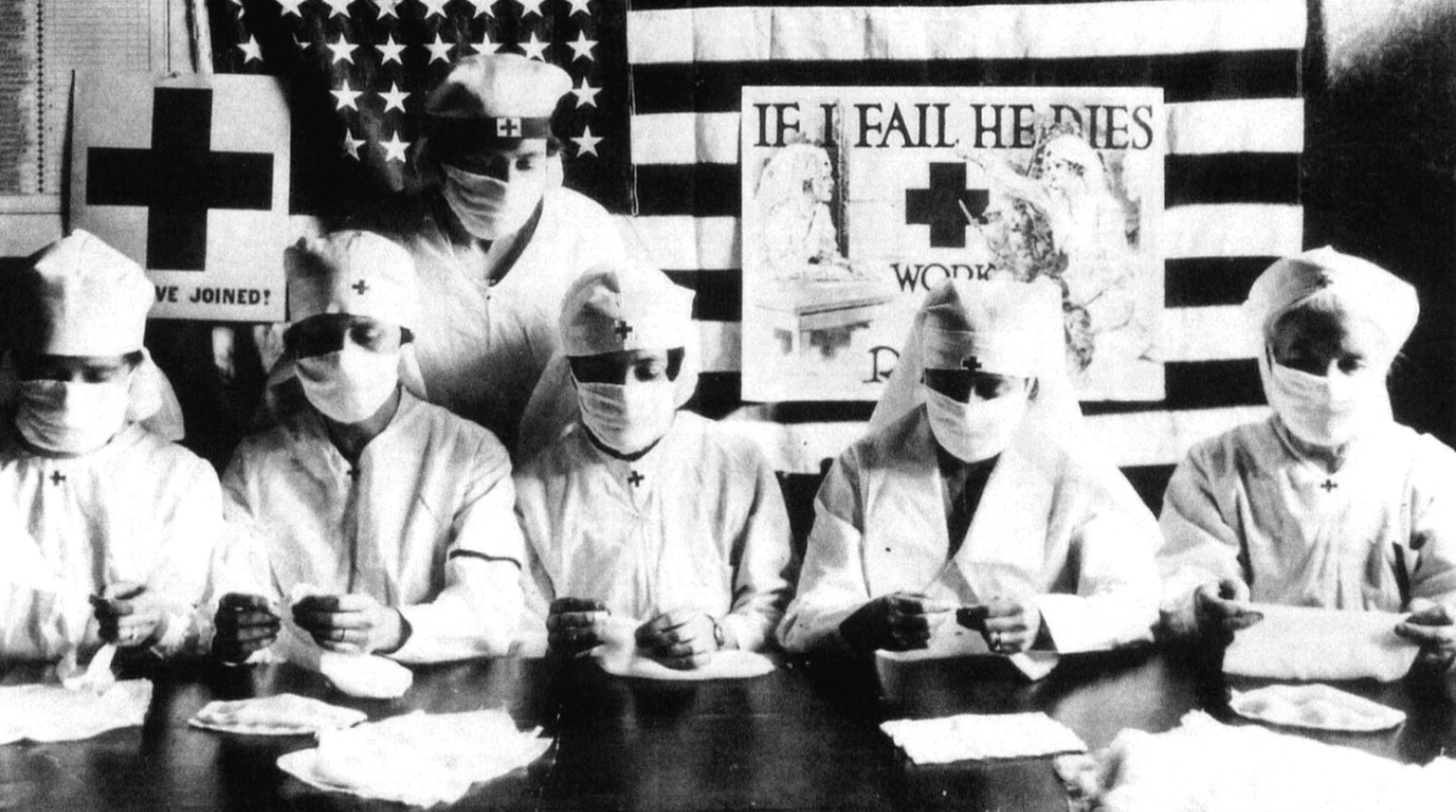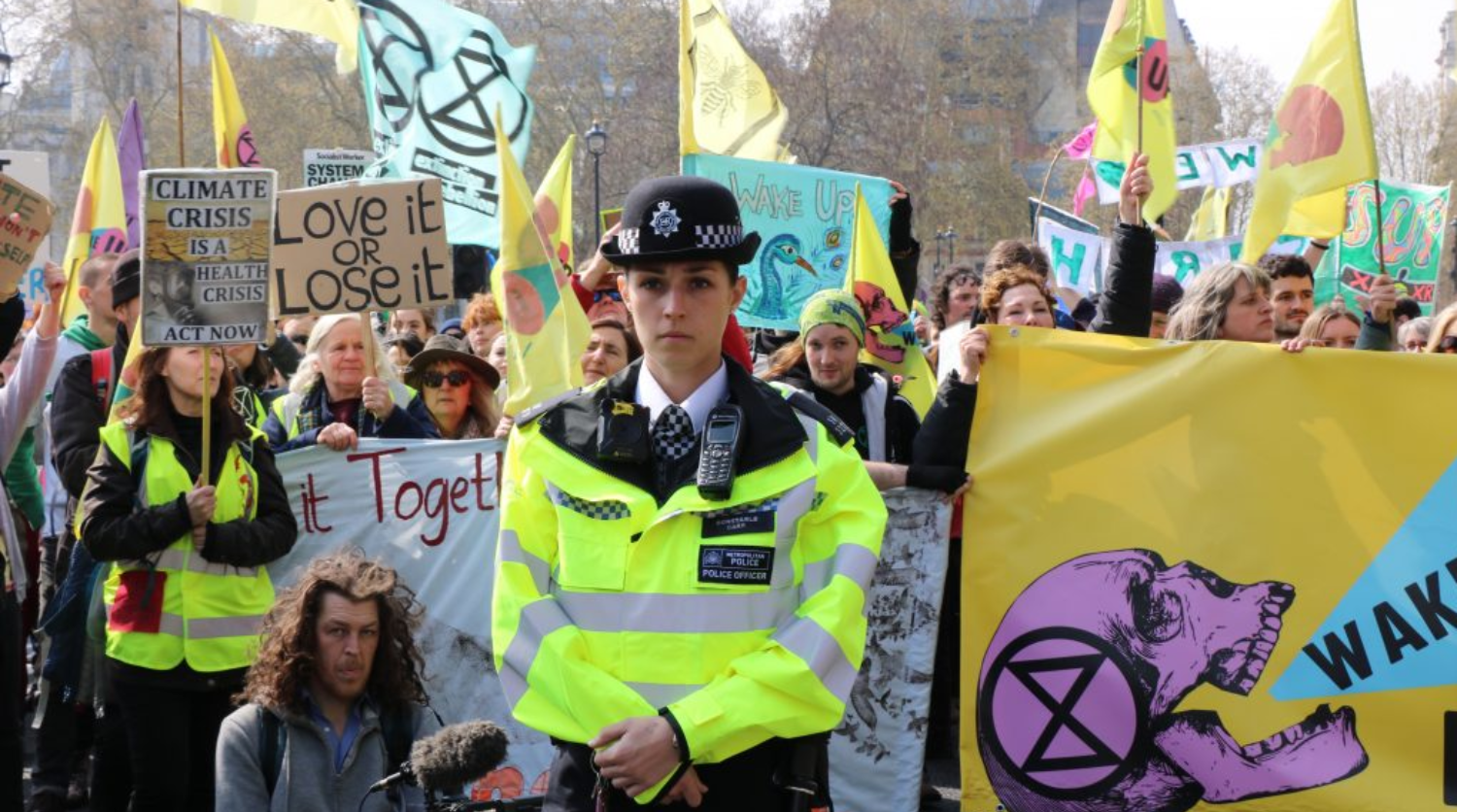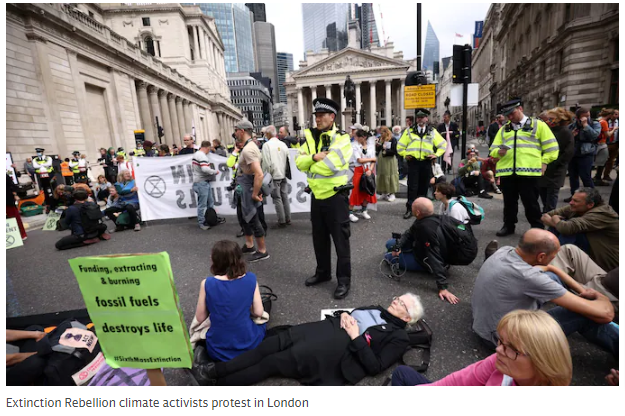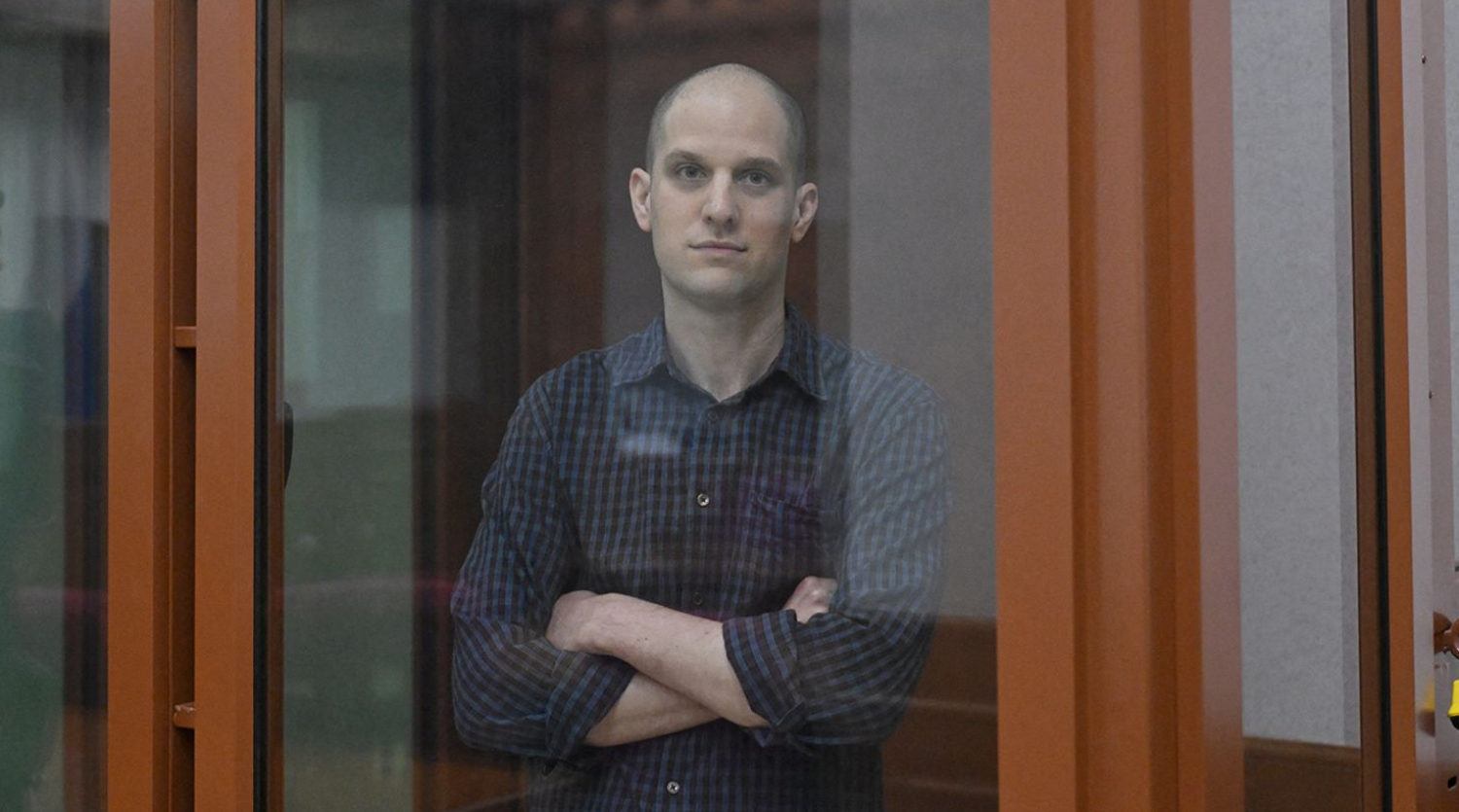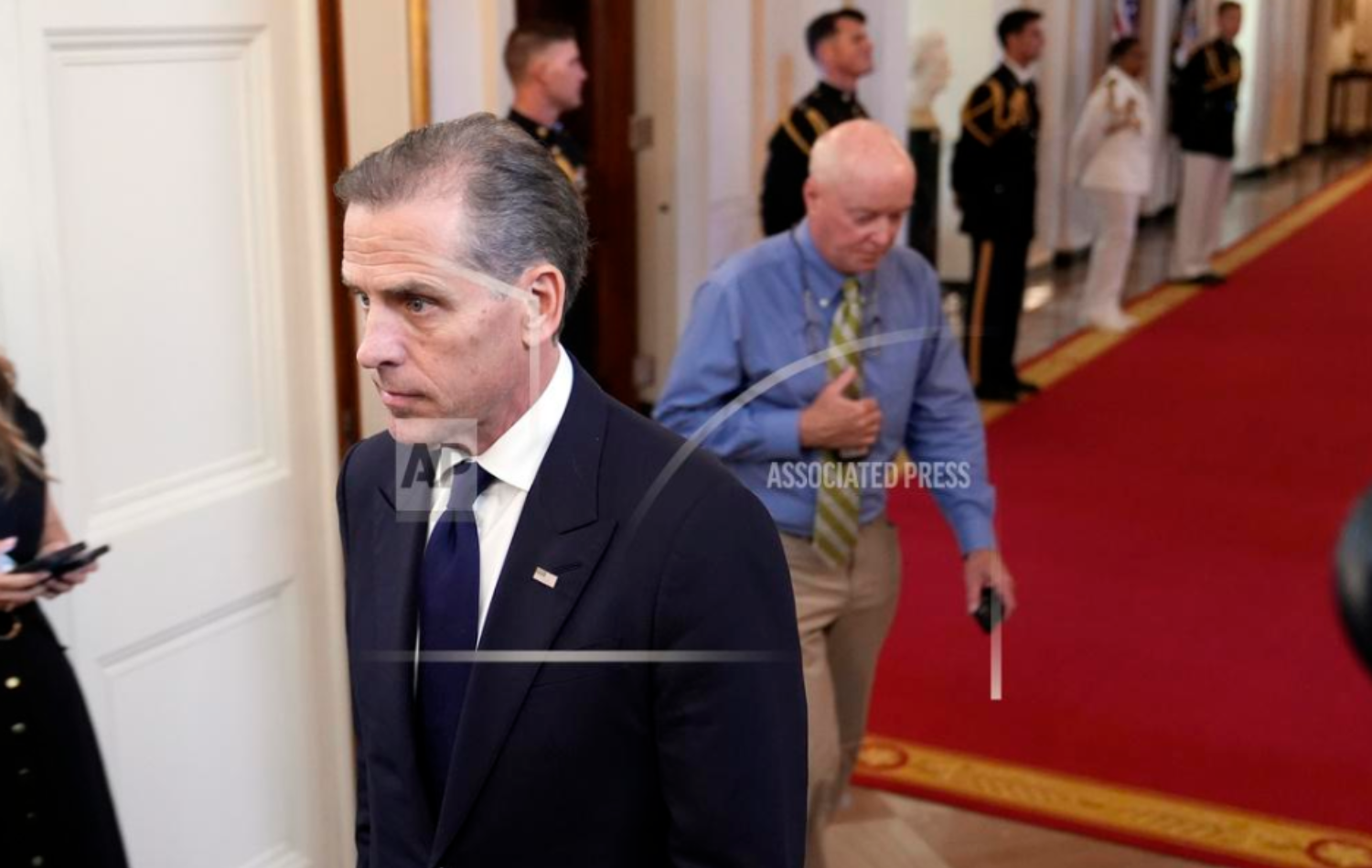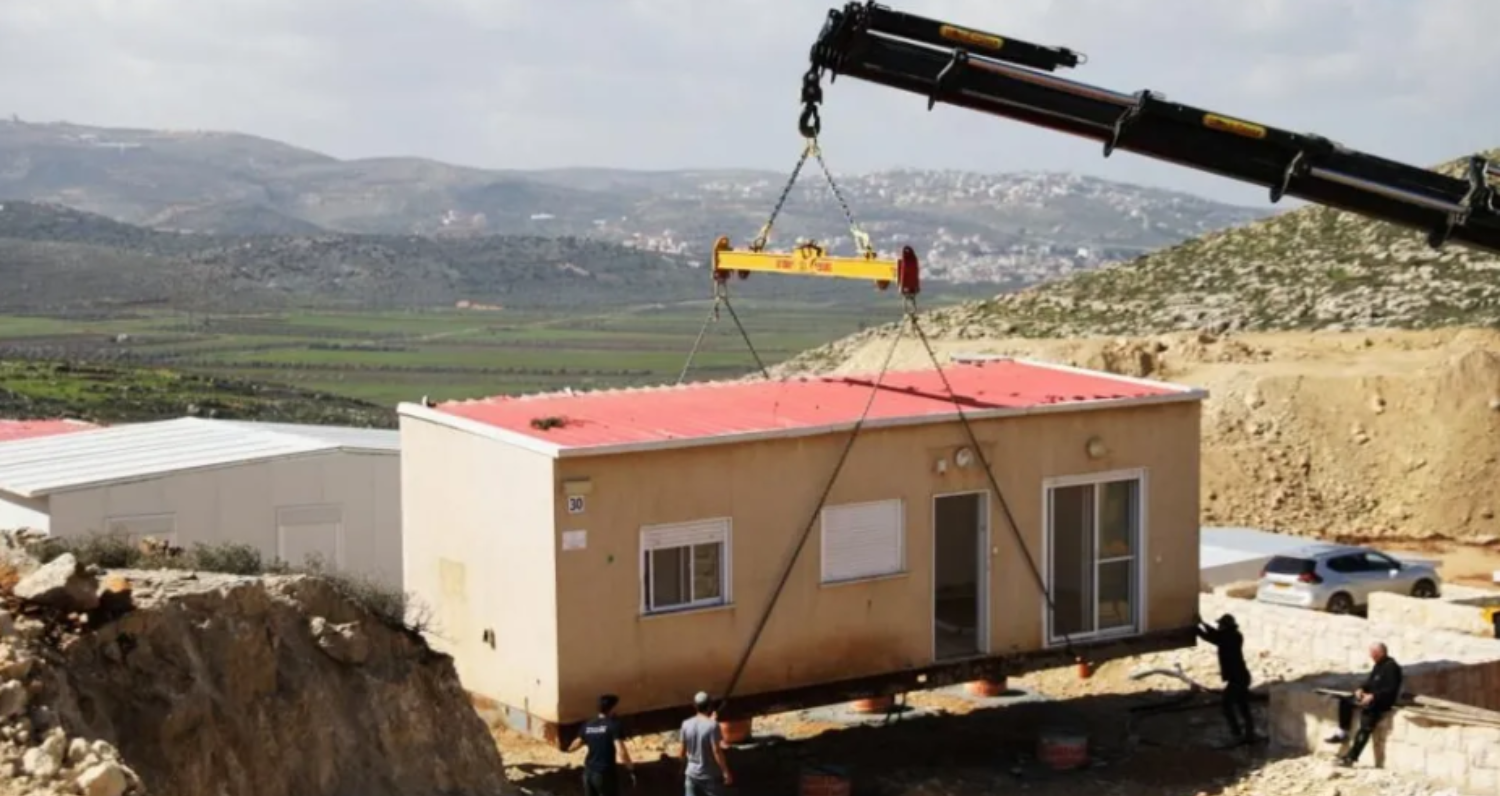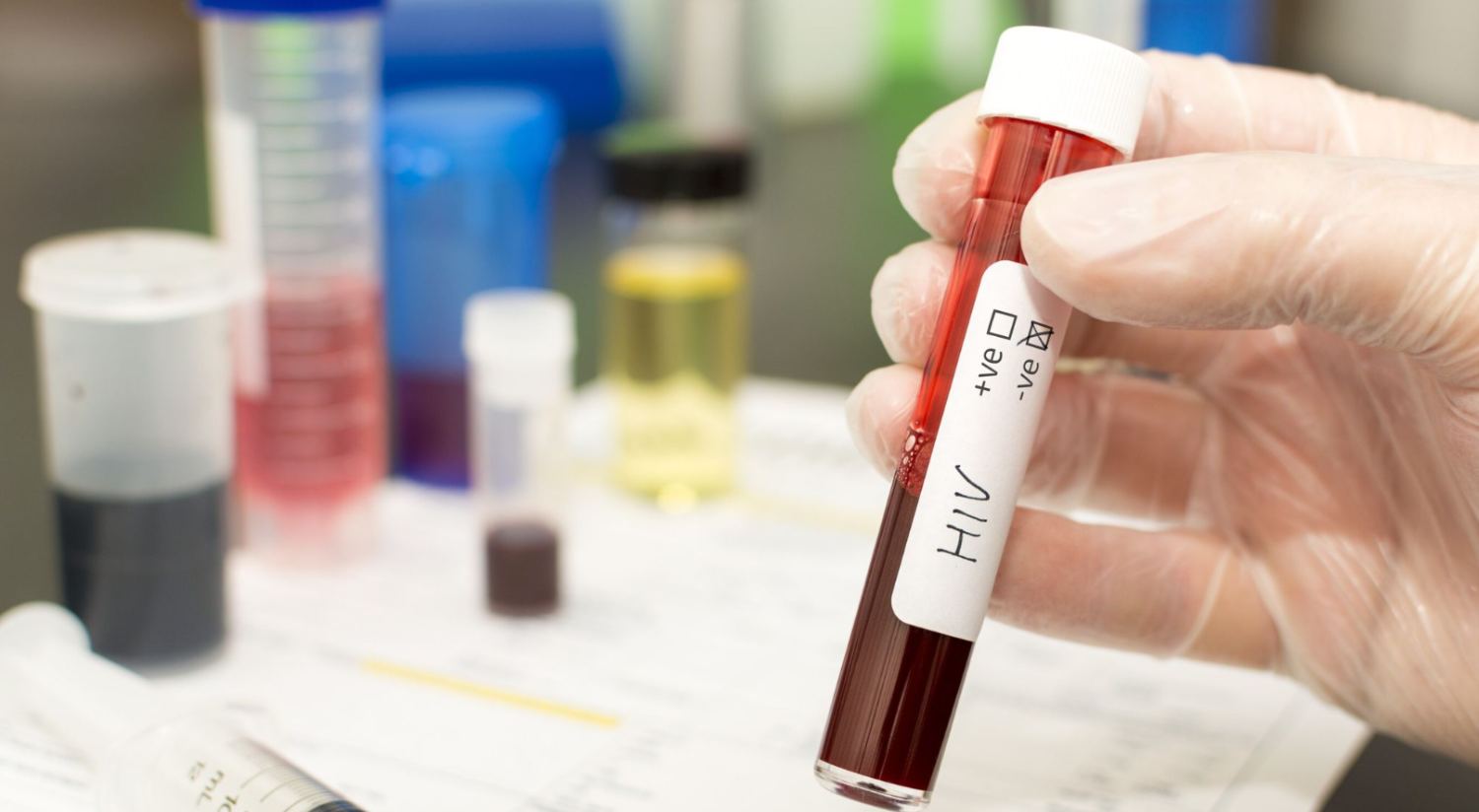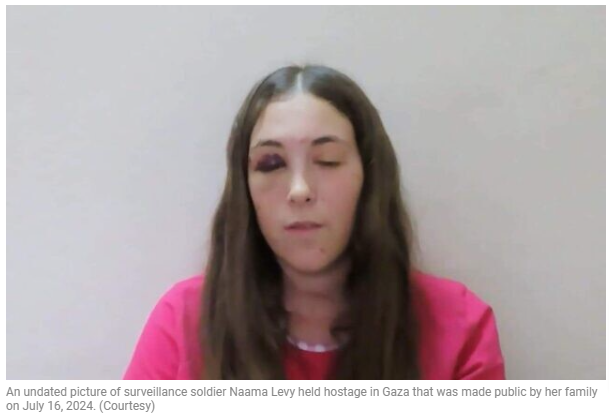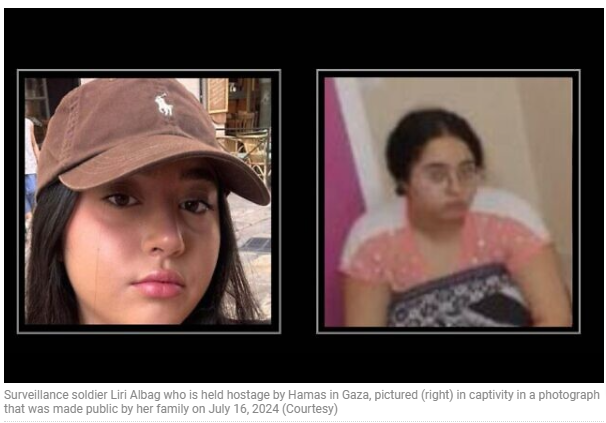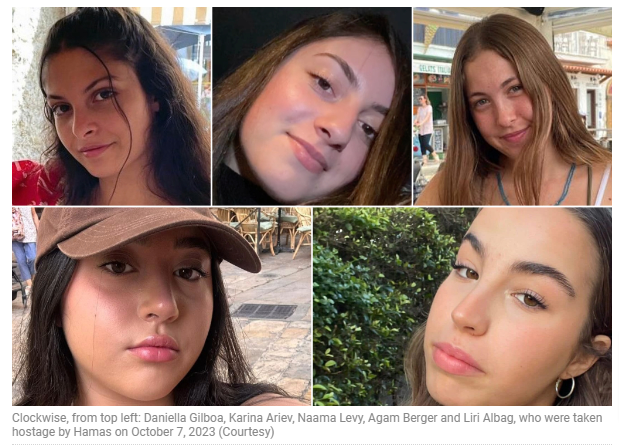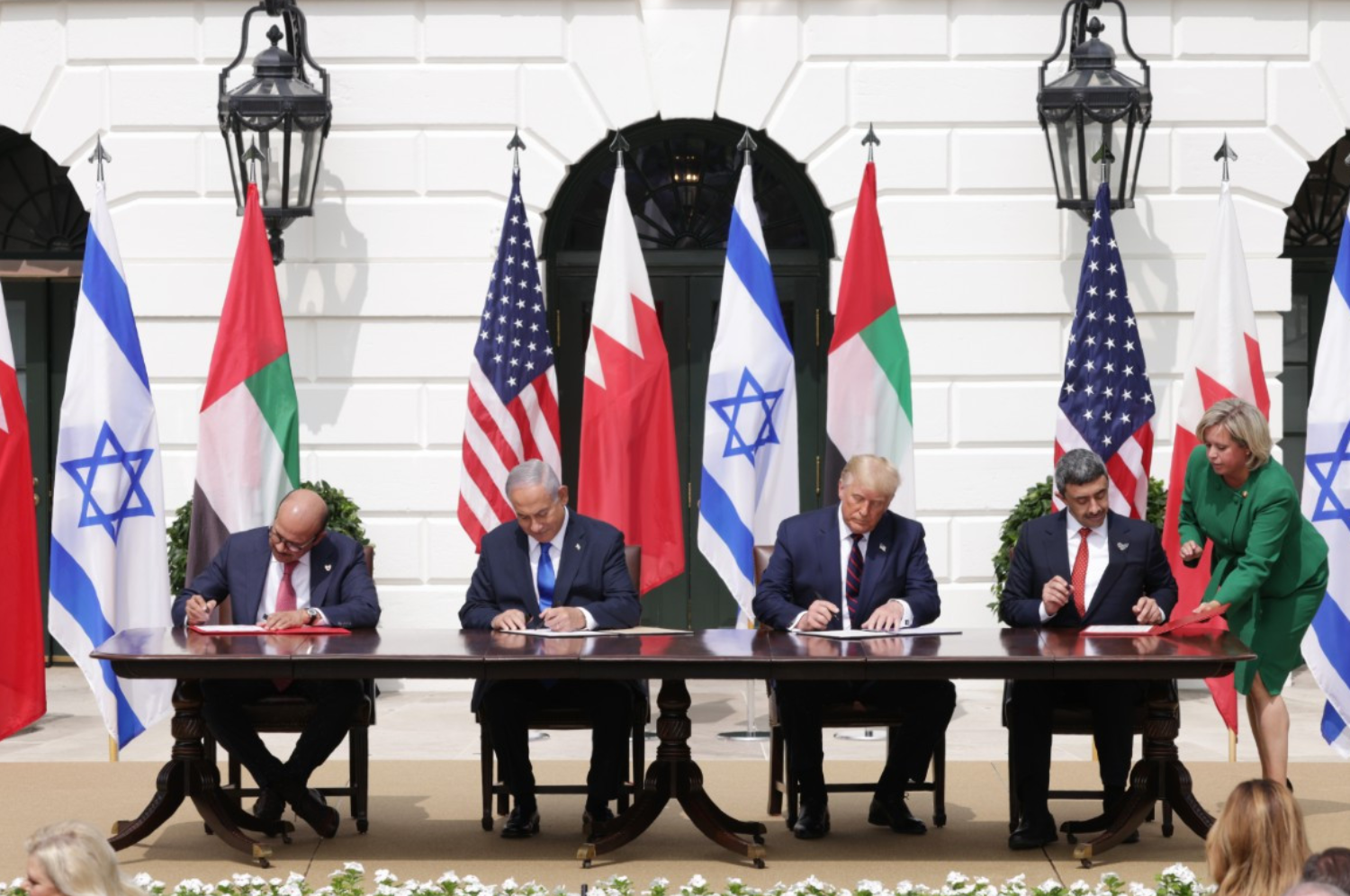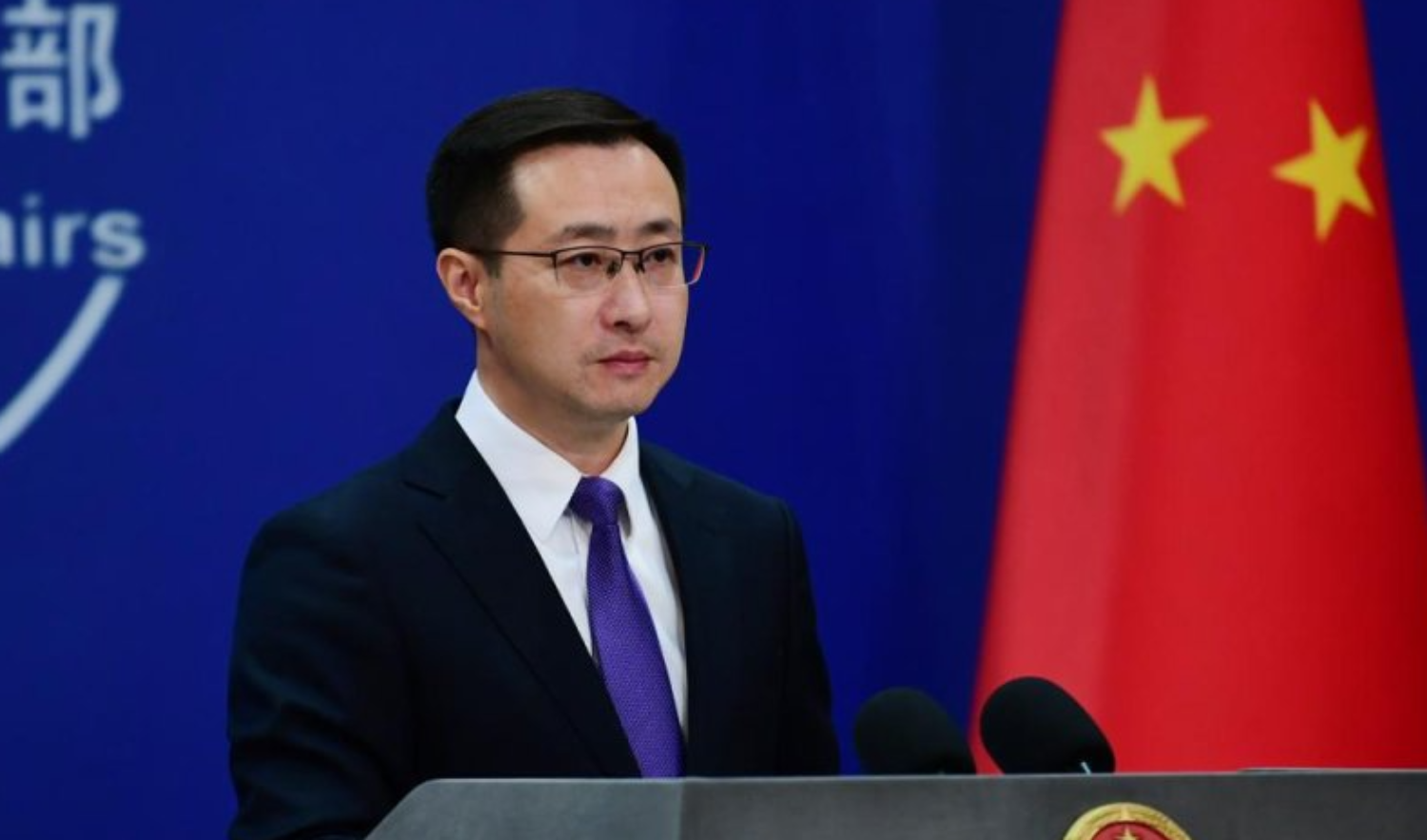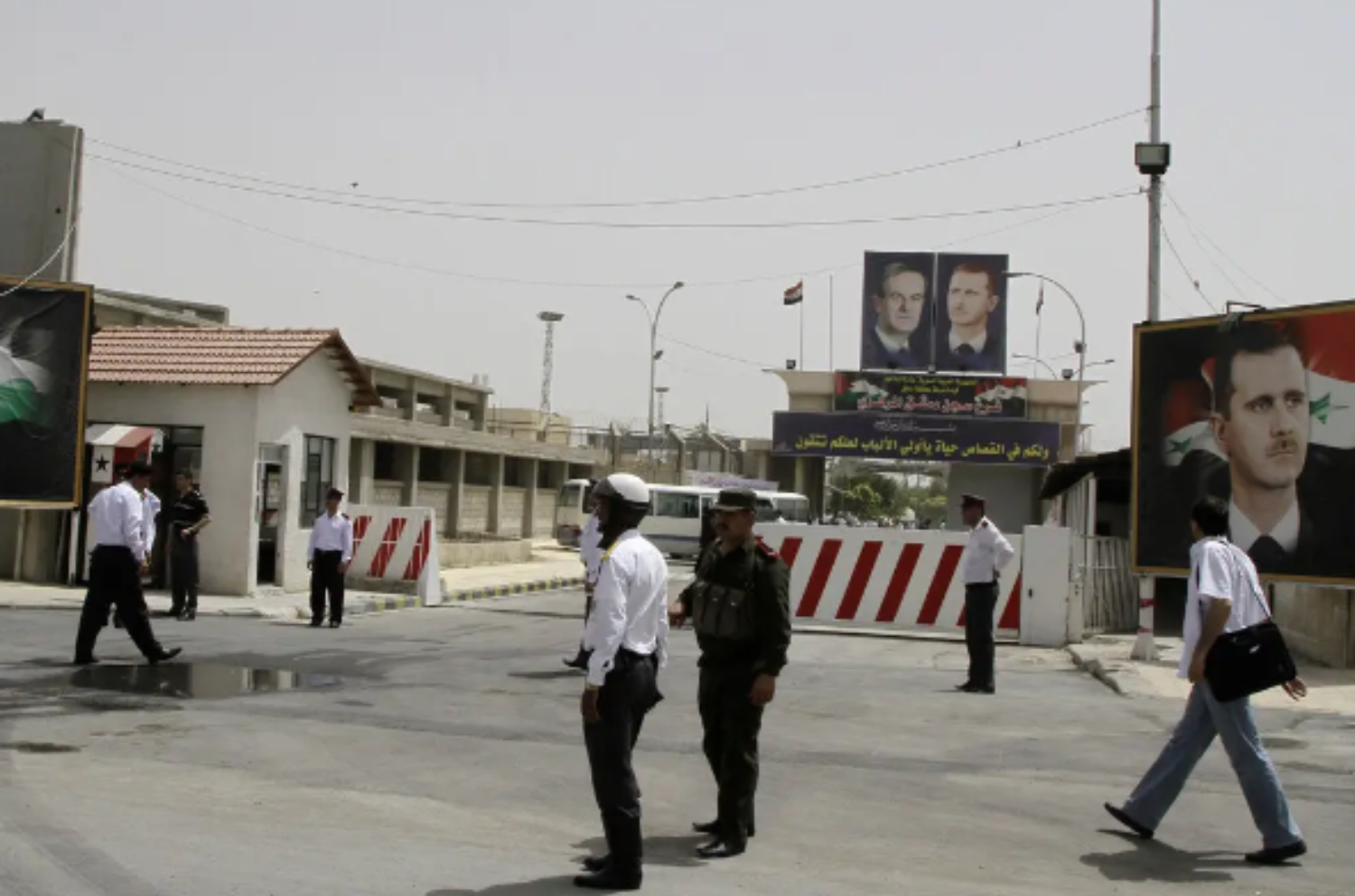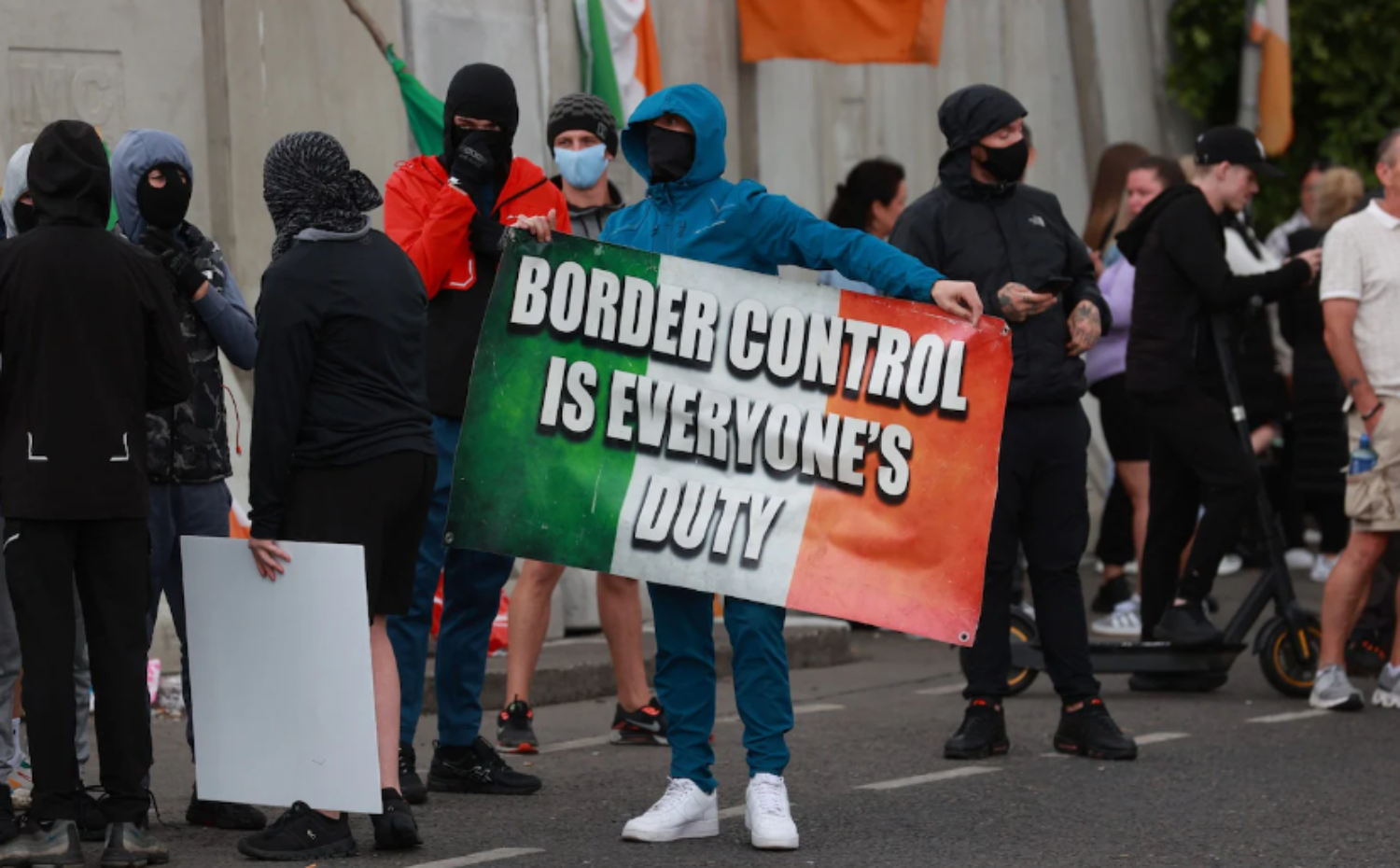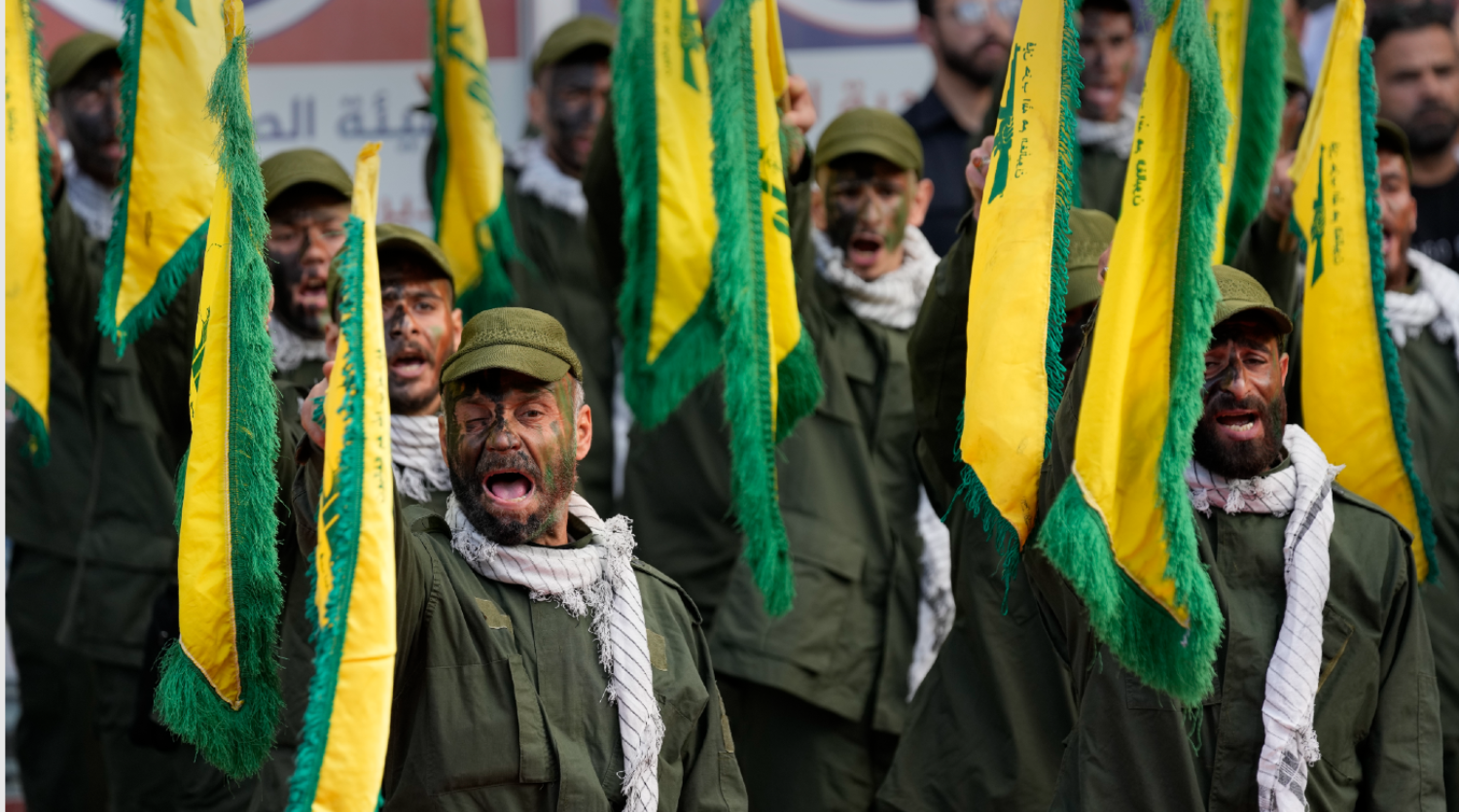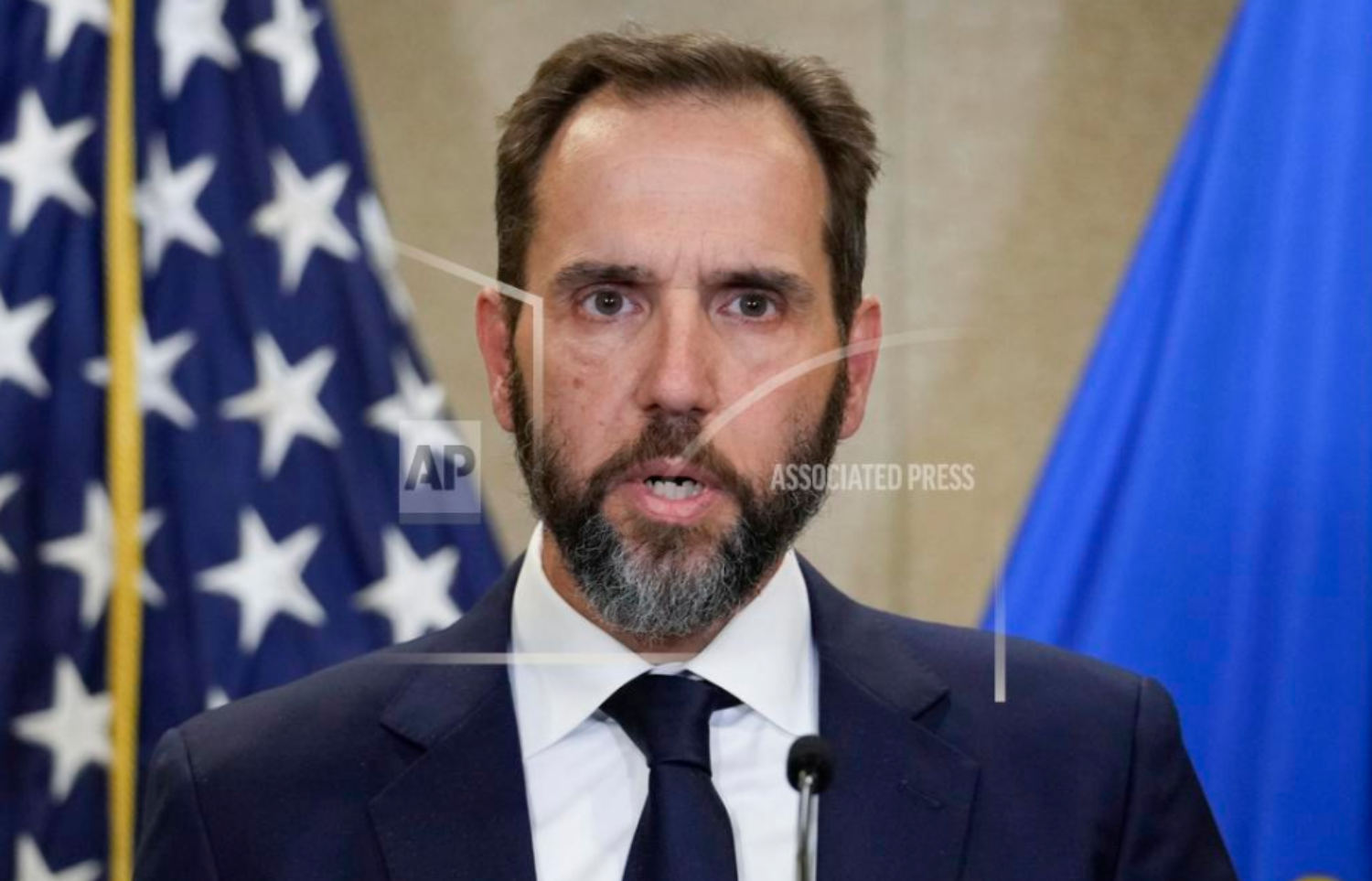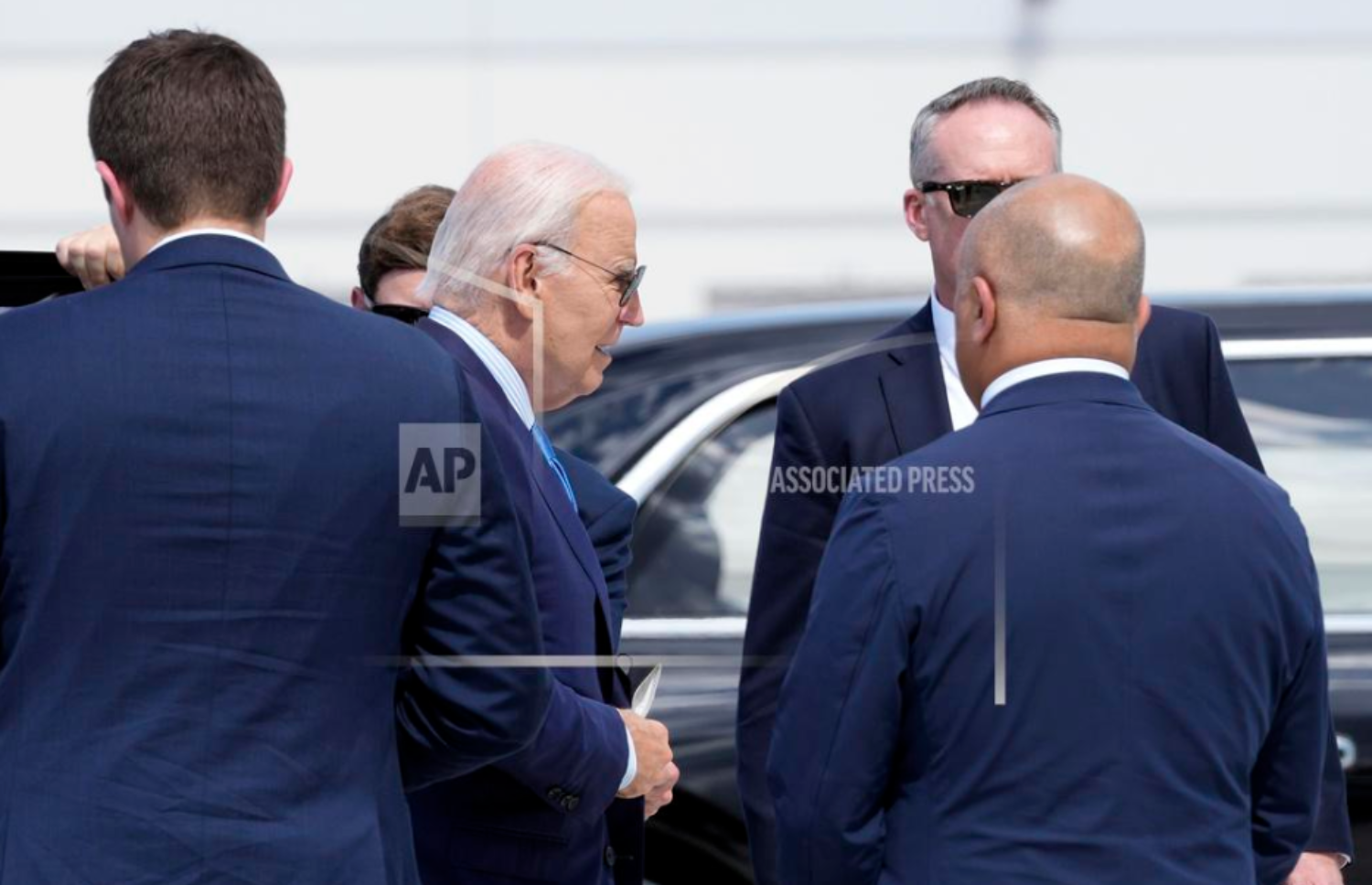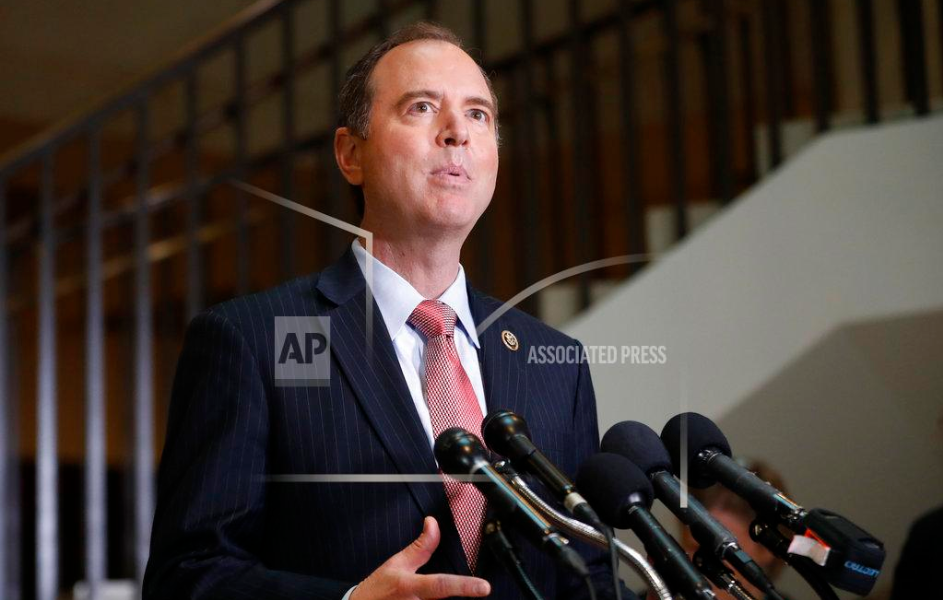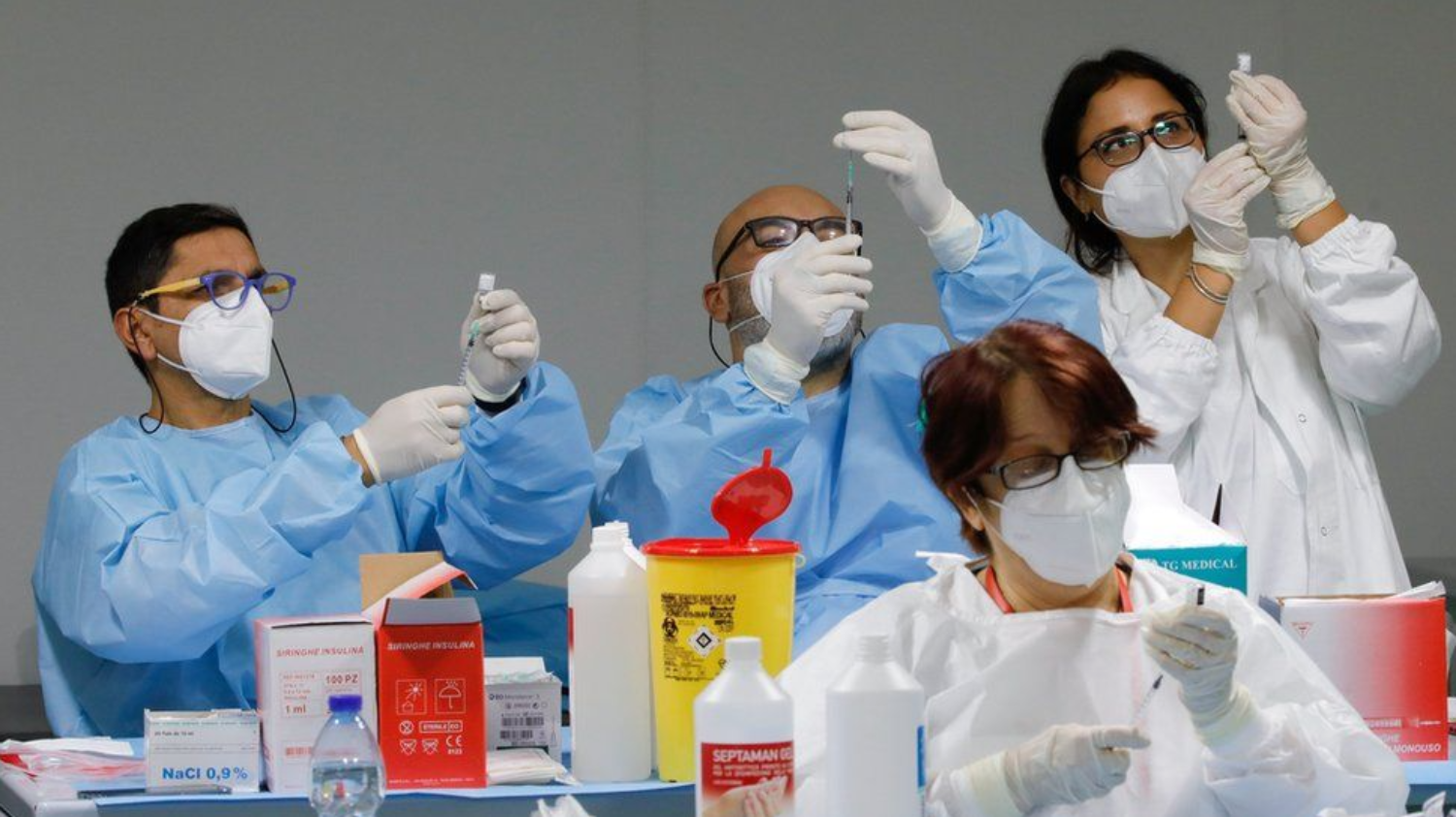-
Posts
10,801 -
Joined
-
Last visited
Content Type
Events
Forums
Downloads
Quizzes
Gallery
Blogs
Everything posted by Social Media
-
A revolutionary vaccine derived from the 1918 Spanish flu virus has shown promising results in protecting against various strains of influenza, including the lethal H5N1 bird flu. This groundbreaking development suggests that a universal flu vaccine could be available within five years, potentially transforming the approach to influenza prevention. Traditionally, the flu vaccination program requires annual updates to match the predominant strain of the virus, as influenza mutates rapidly. However, scientists have created a "one and done" vaccine by leveraging research from tuberculosis and HIV, which are also known for their high mutation rates. This innovative approach could eliminate the need for yearly flu shots. The vaccine's development involved repurposing a harmless herpes virus, known as cytomegalovirus (CMV), to deliver genetic material from the flu virus into the body. This method stimulates an immune response by mimicking an infection. The vaccine specifically targets effector memory T cells in the lungs, which can recognize and respond to proteins within the virus that remain unchanged despite mutations. This focus on conserved viral proteins ensures that the immune response remains effective against various strains. In a study published in Nature Communications, the vaccine was administered to 11 primates, which were subsequently exposed to the H5N1 avian influenza virus. Remarkably, six of the vaccinated primates survived the infection, while those without the vaccine succumbed to the virus. This significant survival rate underscores the potential of the vaccine to provide robust protection. Jonah Sacha, a professor at Oregon Health & Science University and a lead researcher on the project, expressed optimism about the vaccine's potential. He noted that this development represents a rare instance where basic scientific research could translate into a viable vaccine within a relatively short timeframe. "It's exciting because in most cases, this kind of basic science research advances the science very gradually; in 20 years, it might become something. This could actually become a vaccine in five years or less," Sacha said. The vaccine's success hinges on its ability to target the virus's core proteins, which are essential for the virus's survival and thus remain largely unchanged over time. "It worked because the interior protein of the virus was so well preserved. So much so, that even after almost 100 years of evolution, the virus can’t change those critically important parts of itself," Sacha explained. This breakthrough not only holds promise for influenza but also opens the door for developing vaccines against other rapidly mutating viruses. The technology has been licensed by Vir Biotechnology, and researchers believe it could be applied to viruses like SARS-CoV-2, the cause of COVID-19, offering long-lasting immunity. Douglas Reed, an associate professor of immunology at the University of Pittsburgh’s Centre for Vaccine Research, emphasized the importance of this technology in preparing for future pandemics. "Should a deadly virus such as H5N1 infect a human and ignite a pandemic, we need to quickly validate and deploy a new vaccine," Reed said. Sacha also highlighted the broader implications of this research, suggesting that it represents a significant shift in how infectious diseases are addressed. "It’s a massive sea change within our lifetimes. There is no question we are on the cusp of the next generation of how we address infectious disease. For viruses of pandemic potential, it’s critical to have something like this. We set out to test influenza, but we don’t know what’s going to come next," he remarked. The development of this universal flu vaccine could mark a pivotal moment in public health, providing a powerful tool against the ever-evolving threat of influenza and other viral diseases. If successful, it could drastically reduce the global burden of flu, saving countless lives and resources. The scientific community eagerly awaits further trials and validation, hopeful that this innovation will soon become a reality. Credit: Daily Telegraph 2024-07-20 Get our Daily Newsletter - Click HERE to subscribe
-
The recent prison sentences handed down to Roger Hallam, co-founder of Extinction Rebellion, and his associates mark a significant moment in the ongoing clash between environmental activism and the rule of law. This is not merely about curbing inconvenience but addressing the genuine misery caused by their disruptive actions, which resulted in people missing crucial events such as funerals and medical appointments. It is only fitting that they face the consequences for their actions. The principle is straightforward. Allowing activists from Extinction Rebellion to break the law with impunity, simply because they are fervent about their cause, sets a dangerous precedent. It would essentially give carte blanche to any protester to act similarly, believing their cause justifies illegal actions. Every campaigner is dedicated to their beliefs, but the line must be drawn where lawful protest ends and unlawful disruption begins. This is why the sentences given to Hallam and his co-conspirators should be welcomed. It’s not an endorsement of Britain’s crumbling prison system but a necessary affirmation that while democracy thrives on free speech and the right to protest, it equally depends on adherence to the law. Consider the lockdown period, a time marked by harsh and often criticized restrictions. Many, including myself, believed these measures were a grievous policy mistake, causing extensive human suffering. Yet, I abided by the rules and chose to protest within the boundaries of the law. That is the essence of a lawful society. Hallam and his fellow activists took a different route. Unlike the Suffragettes, who fought for greater democratic participation, Hallam and his group sought to bypass it entirely. They blocked traffic on the M25, causing four days of disruption, an estimated £1 million in damages, and 50,000 hours of delays. Their actions prevented cancer patients from reaching vital appointments, left a police officer severely injured, and caused countless others to miss work, surgeries, exams, flights, and funerals. These acts were not mere inconveniences but sources of real suffering. The M25 is not a road people use for leisure; it is a critical artery for necessary travel. If any of us were to block it in the name of our cause, we would expect to face jail time. Hallam and his cohort should expect no less. As the judge rightly pointed out, they appointed themselves as the sole arbiters of climate action, placing themselves above the law. This attitude, regardless of the validity of their cause, is simply unacceptable. There is a crucial distinction between making your voice heard and becoming a dangerous nuisance. Effective, lawful campaigning has brought about significant changes—gay marriage, the abolition of smoking in pubs, and even Brexit are examples. These movements succeeded without resorting to law-breaking. Permitting campaigners to achieve their goals through illegal actions would inevitably lead to widespread lawlessness by anyone with a cause. The recent spate of anti-Ulez protesters destroying cameras could well have drawn inspiration from Hallam’s tactics. This is the logical, albeit undesirable, consequence. Protesters waving banners outside court claiming jurors have an absolute right to acquit based on conscience further muddy the waters. Jurors must make decisions based on the law, not personal beliefs. A five-year prison sentence is indeed harsh for a non-violent crime, even if Hallam serves only half of it. I do not envy his time in our prison system. However, if this punishment serves to deter others from breaking the law, encourages respect for democratic processes, and promotes peaceful achievement of goals, then it is a necessary step. In the end, the sentences handed down to Hallam and his fellow activists underscore a vital message: in a democratic society, passion for a cause does not place one above the law. Protesters must find ways to make their voices heard without resorting to actions that cause widespread harm and suffering. Only then can we ensure that the balance between the right to protest and the need for public order is maintained. Credit: Daily Telegraph 2024-07-20 Get our Daily Newsletter - Click HERE to subscribe
-
In a significant legal outcome, five members of the environmental activist group Just Stop Oil, including one of its co-founders, have been sentenced to prison for orchestrating protests that blocked the M25 motorway for four consecutive days in November 2022. The protests, which aimed to disrupt traffic as part of a larger campaign against climate inaction, resulted in substantial economic and logistical impacts. Roger Hallam, 58, Daniel Shaw, 38, Louise Lancaster, 58, Lucia Whittaker De Abreu, 35, and Cressida Gethin, 22, were all found guilty of conspiring to organize the disruptive actions. Hallam, known as a co-founder of both Just Stop Oil and Extinction Rebellion, received a five-year prison sentence. The other four defendants were each sentenced to four years. These sentences are considered some of the longest ever imposed for non-violent protest activities. Prosecutors detailed the extensive repercussions of the protests. During the demonstrations, 45 individuals climbed onto gantries over the M25, causing significant disruption. The economic cost of the protests was estimated at over £765,000, while the Metropolitan Police incurred costs exceeding £1.1 million. The disruptions resulted in more than 50,000 hours of vehicle delays, impacted over 700,000 vehicles, and left the M25 "compromised" for more than 120 hours. Additionally, a police officer suffered a concussion and bruising after being knocked off his motorbike in traffic caused by one of the protests on November 9, 2022. During the sentencing hearing at Southwark Crown Court, prosecutor Jocelyn Ledward KC revealed that the five defendants had participated in a Zoom call on November 2, 2022, where they discussed and planned the protests, and sought to recruit others to join their cause. A journalist from The Sun newspaper, who had joined the call under the pretense of being interested in the protest, provided recordings of the discussions to the police. Last week, a jury convicted the defendants of conspiracy to intentionally cause a public nuisance, in violation of section 78 of the Police, Crime, Sentencing and Courts Act 2022 and Section 1 of the Criminal Law Act 1977. Following the sentencing, the defendants, referred to as the Whole Truth Five by Just Stop Oil on social media, shouted "we love you" as they were led away. Judge Christopher Hehir, in his remarks to the defendants, emphasized that their actions had crossed the line from concerned activism to fanaticism. "The plain fact is that each of you some time ago has crossed the line from concerned campaigner to fanatic," he said. Addressing Hallam specifically, the judge stated, "You are the theoretician, the 'ideas' man. In my judgement you sit at the very highest level of the conspiracy." The case underscores the ongoing tension between environmental activism and public order, as well as the legal and ethical challenges surrounding climate protests. The sentences highlight the severity with which the courts are now treating disruptive protest actions, especially those that have significant economic and public safety impacts. The ruling is likely to spark further debate on the balance between the right to protest and the need to maintain public order and safety. Credit: Sky News 2024-07-20 Get our Daily Newsletter - Click HERE to subscribe
- 21 replies
-
- 10
-

-

-

-
The anticipation of a potential prisoner swap involving American journalist Evan Gershkovich has heightened as a Russian court announced its verdict and sentence this Friday of 16 years in a Russian Prison. Gershkovich, a correspondent for the Wall Street Journal, faced espionage charges in a trial that has progressed with unusual speed, fueling speculation about an imminent exchange for Russians held in Western jails. On Friday morning, the prosecution called for an 18-year prison sentence for Gershkovich, 32, who has consistently denied the charges and pleaded not guilty in court. His arrest occurred in March while he was reporting in the Urals city of Yekaterinburg, making him the first US journalist accused of spying in Russia since the Cold War. Gershkovich has since been detained in Moscow’s Lefortovo prison but was returned to Yekaterinburg for his trial. Russian authorities claim that Gershkovich was gathering classified information on Russia’s military capabilities on behalf of the CIA. However, this accusation has been strongly refuted by Gershkovich, the Wall Street Journal, and the US State Department, who have all dismissed the charges as baseless. Despite these claims, Gershkovich had been officially accredited as a journalist by the Russian Foreign Ministry. "Even as Russia orchestrates its shameful sham trial, we continue to do everything we can to push for Evan’s immediate release," the Wall Street Journal stated on Thursday. The US Embassy in Moscow reiterated this stance, declaring, "Regardless of what Russian authorities claim, Evan is a journalist. He did not commit any illegal actions. Russian authorities have been unable to provide evidence that he committed a crime or justification for Evan’s continued detention." The trial, typical for espionage cases, was conducted behind closed doors. Journalists were permitted a brief glimpse of the courtroom when the trial commenced last month, where Gershkovich, complying with Russian regulations, appeared with a shaved head and smiled from the defendants’ glass box. Russian Foreign Minister Sergei Lavrov asserted on Wednesday that Moscow possessed "irrefutable evidence" of Gershkovich's involvement in espionage, yet he provided no further details. To date, Russian authorities have not disclosed any information that supports the allegations, leading many to view Gershkovich's arrest as a strategic move to leverage jailed Americans in exchange for Russian operatives held abroad. The expedited nature of the trial, with hearings advanced by over a month and witness testimonies completed in a single afternoon, suggests that a long-discussed prisoner swap may be near. In similar past cases, Russia has typically wrapped up court proceedings before negotiating an exchange. President Vladimir Putin hinted at ongoing negotiations for a swap in a February interview with US broadcaster Tucker Carlson. "The special services are in contact with one another. They are talking ... I believe an agreement can be reached," Putin said, hinting that Russia might seek to exchange Gershkovich for Vadim Krasikov, who is currently imprisoned in Germany for the assassination of a Chechen exile in Berlin in 2019. As the world watches, the verdict could not only determine Gershkovich's fate but also significantly impact US-Russia relations, with the possibility of a high-profile prisoner swap looming on the horizon. Credit: The Guardian 2024-07-20 Get our Daily Newsletter - Click HERE to subscribe
-
Hunter Biden, son of President Joe Biden, has formally requested the dismissal of his tax and gun cases, pointing to a recent ruling in the Trump classified documents case as a key precedent. The filings, made in federal courts in Delaware and California, highlight the potential far-reaching implications of US District Judge Aileen Cannon’s decision earlier this week to dismiss a prosecution of former President Donald Trump. Hunter Biden’s legal team is arguing that the rationale used to dismiss Trump’s case should similarly apply to his own, potentially altering the legal landscape for the Justice Department's special counsels. Both Biden and Trump were prosecuted by special counsels appointed by US Attorney General Merrick Garland. Cannon's dismissal of Trump’s case was based on her determination that the appointment of special counsel Jack Smith was unconstitutional because he was appointed directly by Garland, bypassing the Senate confirmation process. Smith’s team has contested this ruling, citing precedents like the Trump-era appointment of Robert Mueller, which was upheld by the courts, and has appealed the decision to a federal appeals court in Atlanta. In their Thursday filings, Hunter Biden’s lawyers contended that this same logic should lead to the dismissal of his pending tax case in Los Angeles and the separate firearm case in Delaware, where he was convicted in June on three felony charges. Hunter Biden's legal team had previously raised similar arguments without success, but they now see a renewed basis for reconsideration given the recent legal developments. “Based on these new legal developments, Mr. Biden moves to dismiss the indictment brought against him because the Special Counsel who initiated this prosecution was appointed in violation of the Appointments Clause as well,” Biden’s lawyers wrote. They also referenced a recent opinion by Supreme Court Justice Clarence Thomas that questioned the propriety of special counsel appointments. “The Attorney General relied upon the exact same authority to appoint the Special Counsel in both the Trump and Biden matters, and both appointments are invalid for the same reason,” the lawyers added. There are distinctions between the special counsels in the two cases. Jack Smith, who prosecuted Trump, was hired from outside the Justice Department, whereas David Weiss, who prosecuted Hunter Biden, was already serving as the US Attorney in Delaware at the time of his appointment. Despite these differences, Cannon noted that a special counsel’s powers are “arguably broader than a traditional United States attorney, as he is permitted to exercise his investigatory powers across multiple districts within the same investigation.” Biden’s lawyers emphasized that this expansive authority was precisely what occurred in his case, with Weiss, acting as special counsel, filing charges against Biden in both California and Delaware, and separately charging a former FBI informant with lying about the Bidens. “Mere US Attorneys do not have that power. Given that Congress requires a US Attorney to be nominated by the President and confirmed by the Senate, it makes no sense to assume that Congress would allow the Attorney General to unilaterally appoint someone as Special Counsel with equal or greater power than a US Attorney,” Biden’s lawyers wrote. “That is what has been attempted here.” As the legal battle unfolds, the implications of Judge Cannon’s ruling and Hunter Biden's dismissal request could significantly influence the future operations of special counsels and the prosecution of high-profile cases. Credit: The Guardian 2024-07-20 Get our Daily Newsletter - Click HERE to subscribe
-

Trump Warns of Unprecedented Global Conflict in RNC Speech
Social Media posted a topic in World News
In a dramatic speech at the Republican National Convention in Milwaukee, former President Donald Trump issued a stark warning that the world is on the brink of a catastrophic conflict. Trump, addressing the audience at Fiserv Forum, claimed that the "planet" is teetering on the edge of "World War Three," highlighting ongoing wars and potential conflicts across multiple regions. "Then there is an international crisis the likes of which the world has seldom been part of," the GOP nominee stated. He pointed to current wars in Europe and the Middle East, as well as tensions in Taiwan, Korea, the Philippines, and across Asia, describing the situation as unprecedented. "War is now raging in Europe and the Middle East, a growing specter of conflict hangs over Taiwan, Korea, the Philippines, and all of Asia, and our planet is teetering on the edge of World War Three," he added. "This will be a war like no other." On the campaign trail, Trump, 78, has frequently claimed that he could resolve Russia's war against Ukraine in a single day and has publicly urged Israeli Prime Minister Benjamin Netanyahu to swiftly conclude the conflict with Hamas. He has consistently blamed President Joe Biden, 81, for the current global conflicts, arguing that they would not have occurred under his administration. "I will end every single international crisis that the current administration has created — including the horrible war with Russia and Ukraine — which would have never happened if I were president — and the war caused by the attack on Israel — which would have never happened if I were president," Trump declared in his keynote address. Trump also emphasized his record of not initiating any new wars during his presidency, claiming, "There was peace in Europe and the Middle East." He contrasted his tenure with those of his predecessors, criticizing former Presidents George W. Bush and Barack Obama for previous Russian territorial expansions. "Under President Bush, Russia invaded Georgia. Under President Obama, Russia took Crimea. Under the current administration, Russia is after all of Ukraine," Trump said. "Under President Trump, Russia took nothing," he added. The former president argued that the Biden administration’s chaotic 2021 withdrawal from Afghanistan has emboldened Russian aggression, Hamas attacks on Israel, and Chinese military posturing. "Emboldened by that disaster, Russia invaded Ukraine. Israel endured the worst attack in its history. Now China is circling Taiwan, and Russian warships and nuclear submarines are operating 60 miles off our coasts in Cuba," Trump contended. Trump's speech, filled with dire warnings and sharp criticisms of the current administration, underscored his campaign's focus on foreign policy and national security as critical issues for the upcoming election. Credit: NYP 2024-07-20 Get our Daily Newsletter - Click HERE to subscribe -
The International Court of Justice (ICJ) has declared Israel's presence in the occupied Palestinian territories as unlawful, urging an end to its settlement activities in the West Bank and East Jerusalem. This non-binding opinion highlights the ongoing expansion of Israeli settlements and the imposition of control over these areas, which are deemed discriminatory against Palestinians. The ICJ’s panel of judges concluded that Israel’s actions violate international law, specifically citing Article 49 of the Fourth Geneva Convention. The ruling calls for the immediate cessation of settlement construction and labels Israel’s continued occupation as illegal. Israel did not participate in the hearings but submitted written objections, arguing that the questions posed were biased and overlooked its security concerns. Israeli officials have expressed that such interventions could disrupt the peace process, which has been stagnant for over a decade. This decision coincides with Israel's recent military actions in Gaza, following attacks by Hamas. Separately, the ICJ is examining allegations of genocide related to Israel’s military campaign, a claim Israel denies. Historically, Israel captured the West Bank, East Jerusalem, and Gaza Strip during the 1967 Mideast war. Palestinians aim to establish an independent state comprising these territories. While Israel considers the West Bank as disputed territory and has annexed East Jerusalem, it withdrew from Gaza in 2005 but maintains a blockade. The Palestinian Authority, backed by numerous countries and organizations, argued in February that Israel's occupation amounts to apartheid and urged its immediate termination to sustain the possibility of a two-state solution. The ruling might not alter Israeli policies immediately but could influence global perceptions and increase international recognition of Palestine. Countries like Spain, Norway, and Ireland have recently recognized Palestinian statehood. In response to the ICJ's findings, there may be increased support for movements advocating boycotts and sanctions against Israel. The decision could further isolate Israel legally and politically while bolstering opposition to its settlement activities. Prime Minister Benjamin Netanyahu's government, heavily influenced by settler interests, continues to promote settlement expansion. Recent actions include the significant appropriation of land in the Jordan Valley, raising concerns about further entrenchment of Israeli control over the West Bank. Overall, the ICJ's opinion reinforces international calls for an end to Israel's occupation, emphasizing the need for renewed efforts toward peace and a viable two-state solution. 5 Page Press release ICJ Judgement 19 July 2024 Pdf 32 Page Summary of the Advisory Opinion of 19 July 2024 Pdf Credit: BBC 2024-07-20 Get our Daily Newsletter - Click HERE to subscribe
- 23 replies
-
- 11
-

-

-

-
Scientists have announced that a German man has likely been cured of HIV following a unique stem cell transplant. This significant achievement was revealed ahead of the International AIDS Conference in Munich, Germany, and marks the first instance of such a cure in medical history. The 60-year-old man has become only the seventh person to be considered cured of HIV, a virus that affects approximately 39 million people globally, including around 1.2 million in the United States. What makes this case particularly extraordinary is that the man's stem cell donor was not immune to the HIV virus, a detail that HIV expert Christian Gaebler of the Charité-Universitätsmedizin Berlin found "extremely surprising." The patient tested positive for HIV in 2009 and was diagnosed with acute myeloid leukemia (AML) in 2015. This diagnosis led a team at Charité-Universitätsmedizin Berlin to administer a stem cell transplant. After the patient ceased antiviral therapy in 2018, his system has remained functional, and no cancer cells have been detected. Professor Olaf Penack, senior physician at the treating clinic, stated, "The virus-free observation period of more than five years now indicates that the HIV virus has actually been completely removed from the patient's body. We therefore consider him to be cured of his HIV infection." Despite this success, Gaebler cautioned that due to the "considerable risks" associated with stem cell transplantation, this procedure is not suitable for all HIV infections. This case is noteworthy as it is the first instance of remission involving a stem cell donor with a single, rather than double, CCR5-delta32 mutation. Previous cases of remission following stem cell transplants involved donors with two copies of the CCR5-delta32 mutation, which impedes HIV's ability to infect cells. Sharon Lewin, president of the International AIDS Society, indicated that this research could broaden the donor pool for such treatments. Lewin, who is also the director of the Peter Doherty Institute for Infection and Immunity in Melbourne, Australia, explained, "The findings indicate that you don't actually have to get rid of every single piece of CCR5 for gene therapy to work." The exact reasons why the stem cell transplant led to an apparent cure in this instance, while the virus reemerged in other cases, remain unclear. Gaebler suggested that the speed with which the new immune system replaces the old one might play a role. He noted that in the second Berlin patient, the process was completed relatively quickly, in less than 30 days. Gaebler also speculated that the donor's immune system might possess special properties, such as highly active natural killer cells, which could recognize and eliminate even low levels of HIV activity. Gaebler emphasized that understanding the factors contributing to the removal of all HIV hiding places in the second Berlin patient could lead to new treatment concepts, such as cell-based immunotherapies or therapeutic vaccines. The ultimate goal for scientists is to cure HIV infections universally, rather than just individual cases. Credit: AXIOS 2024-07-20 Get our Daily Newsletter - Click HERE to subscribe
-
The families of five female IDF surveillance soldiers, who were abducted from the Nahal Oz base by Hamas on October 7, have released haunting images of their loved ones from the early days of their captivity in Gaza. In one undated photograph, Liri Albag, Karina Ariev, Agam Berger, and Daniella Gilboa are seen sitting on mattresses on the floor of a room. Both Ariev and Gilboa have visible head bandages. The soldiers are dressed in clothes with bloodstains, seemingly provided by their captors, and show signs of injuries and marks from handcuffs. Bottles of water are scattered on the floor, and a framed picture of Hamas leader Ismail Haniyeh is seen on the wall behind them. In a separate image, Naama Levy is shown with a heavily swollen eye and facial cuts. These five soldiers have been held by Hamas in Gaza since their abduction. Hamas's attack on the Nahal Oz base resulted in the deaths of 52 soldiers, including 15 female surveillance officers, and the kidnapping of 10 soldiers in total. The newly released images were taken from a Hamas video, retrieved by the IDF during operations in Gaza and first shown to the families a few months ago. During a press conference unveiling the images, the parents of the five soldiers were visibly emotional. Shira Albag, mother of Liri, held up a baby doll, symbolizing fears that the women might have been raped and impregnated in captivity. Her husband, Eli Albag, became unwell during the press conference and required medical attention. Yoni Levy, father of Naama, stated that his daughter was held separately from her comrades and likely in tunnels, making a negotiated release the only viable option. The families juxtaposed these harrowing images with photos of the soldiers before their abduction, emphasizing the urgent need for their return. Albert Ariev, Karina's father, described the new images as "painful and vivid," showing Karina with a shocking bandage on her head and blood-stained pajama pants. He pleaded for an agreement to be made to secure their release, expressing hope in the current negotiations. The Hostages and Missing Families Forum previously released footage showing the abduction of the five soldiers, describing it as a testament to the nation’s failure to bring home the hostages. This video was recorded by body cameras worn by Hamas terrorists during their attack on the base near the Gaza border. Efforts to secure a deal for the hostages' release continue, with mediators from the US, Egypt, and Qatar working towards an agreement. The proposed deal could involve the release of Palestinian security prisoners and a ceasefire in the ongoing conflict, which began with Hamas's devastating attack on October 7 that resulted in over 1,200 deaths and the abduction of 251 individuals to Gaza. Currently, it is believed that 116 hostages, including the remains of 42 confirmed dead by the IDF, remain in Gaza. The release of the five female soldiers and other hostages remains a top priority for their families and the Israeli government, highlighting the critical need for a resolution to this humanitarian crisis. In a separate undated image, Naama Levy is seen with a heavily swollen eye and cuts on her face. All five are still held by Hamas in the Strip after they were kidnapped by terrorists from the Nahal Oz base on October 7. Hamas killed 52 soldiers at the base, including 15 female surveillance officers, and kidnapped 10 soldiers in total. The photos are taken from a Hamas video retrieved by the IDF during operations in Gaza and first shown to the families by the IDF spokesman a few months ago. In the video, which has not been made public, one of the Hamas captors is seen, a Channel 12 report said. At a press conference unveiling the images, the parents of the five soldiers were overcome with emotion. Shira Albag, the mother of Liri, held up a baby doll, symbolizing the possibility that the women were raped and impregnated in captivity. Her husband, Eli Albag, felt unwell and was taken away from the press conference for medical care. Yoni Levy, the father of Naama, told the press conference that his daughter was held separately from her comrades. “She wasn’t captured with the other girls, as we saw in the video with the jeep,” he said. “Naama was held for a long period by herself.” Levy said the “latest information we have” is that Naama is “held in the tunnels and she is alive… therefore the only way to get her and the other girls out of the tunnels is a deal,” he added. “Not a military operation or anything else — only a deal will get the girls out.” Levy was seen in a video from Gaza on October 7 following her kidnapping with her hands tied and bloodied sweatpants being forced into the back of a jeep, giving rise to widespread speculation that she had been sexually assaulted by her abductors. The families also juxtaposed the newly publicized pictures of the five with photographs of them as they were before being taken hostage by Hamas-led terrorists who invaded southern Israel on October 7, 2023. Albert Ariev, the father of Karina, said the newly released images were painful and “vivid — Karina sitting on a mattress on the floor, with an exhausted and desperate look.” “She has a shocking bandage on her head with dried blood. On her leg, you can see fresh blood stains seeping into her pajama pants,” he said, begging for a deal to be made. “The agreement currently on the table is the closest we’ve ever been. Since the morning of October 7. All we ask is for Karina back; we want our small family to be whole again.” In May, the Hostages and Missing Families Forum released harrowing footage showing the abduction of the five female soldiers from the Nahal Oz base on October 7, describing the video as a “damning testament to the nation’s failure to bring home the hostages.” The video was taken by body cameras worn by Hamas terrorists that day as they attacked the base near the Gaza border. Another observation soldier, Cpl. Ori Megidish, was kidnapped from the base on October 7 and rescued by IDF troops a few weeks later. Cpl. Noa Marciano, who was also kidnapped that day, was later killed in Gaza and her body recovered by the military in November. US, Egyptian and Qatari mediators have been working to reach a deal between Israel and Hamas that would see the release of the hostages held in Gaza in exchange for Palestinian security prisoners and a ceasefire in the ongoing war, which began on October 7 when Hamas led a devastating attack that killed some 1,200 people and saw 251 abducted to Gaza. It is believed that 116 hostages abducted by Hamas on October 7 remain in Gaza — including the remains of 42 who have been confirmed dead by the IDF — after 105 civilians were released from Hamas captivity during a weeklong truce in late November, and four hostages were released prior to that. Seven hostages have been rescued by troops alive, and the bodies of 19 hostages have also been recovered, including three mistakenly killed by the military. Hamas is also holding two Israeli civilians who entered the Strip in 2014 and 2015, as well as the bodies of two IDF soldiers who were killed in 2014. These images have underscored the desperation and agony felt by the families of the hostages. The visuals of the injured and visibly distressed soldiers, juxtaposed with their pre-abduction photos, serve as a stark reminder of the human toll of this ongoing conflict. As negotiations continue, the hope remains that these hostages can be returned safely to their families, bringing some measure of relief to a situation fraught with anguish and uncertainty. Credit: TOI | X | Youtube 2024-07-20 Get our Daily Newsletter - Click HERE to subscribe
-
Leeds, in West Yorkshire, has witnessed its streets engulfed in flames and violence as riots erupted in the multi-ethnic suburb of Harehills. The chaos, driven by violent mobs, forced police officers to flee after being targeted with bricks and other missiles. The unrest has escalated to the point where a double-decker bus was set on fire, adding to the scenes of disorder and destruction. The disturbance began earlier in the evening when a dispute involving agency workers ignited violent resistance in the streets of Harehills. This neighborhood, known for its diverse population and high levels of unemployment, became the epicenter of lawless turmoil. Angry gangs flipped over a police car, and social media footage captured youths punching the vehicle's windows, throwing objects, and ultimately breaking into the car while others filmed the mayhem. One man was even seen using a child's scooter to hammer at the police car's windows before the rioters managed to overturn it. The situation deteriorated further as locals shared videos of a double-decker bus set ablaze. Police officers, who had returned to the scene after the bus was torched, were again forced to flee for their lives. Darren Grimes, posting on X, commented, "Now @WestYorksPolice have been forced to LEAVE once AGAIN as cars burn and missiles are thrown at their vehicles. Lawless Leeds is burning. Britain is falling." Harehills, with its large immigrant population primarily comprising British Asians of Pakistani origin, has long been characterized by cultural and ethnic diversity. The area’s history is marred by violent incidents and racial tensions, including the infamous Harehills Riot of 2001. This previous riot was triggered by the wrongful arrest of an Asian man and resulted in a six-hour confrontation with West Yorkshire Police, leading to the imprisonment of 26 individuals. Tonight’s unrest adds to the troubled history of Harehills, highlighting ongoing issues within the community. The high levels of unemployment and underlying racial tensions continue to fuel discord, making it a hotspot for such violent outbreaks. The scenes of chaos, with police cars overturned, buses set alight, and officers fleeing for safety, underscore the gravity of the situation and the urgent need for addressing the root causes of such violence in the community. Credit: Daily Express 2024-07-19 Get our Daily Newsletter - Click HERE to subscribe
-
As the Republican convention unfolds in Milwaukee, the possibility of Donald J. Trump’s return to the White House is becoming more tangible. Leaders in Israel, Saudi Arabia, and Egypt, key U.S. allies in the Middle East, are keenly assessing how a second Trump presidency might influence their domestic and regional agendas. For these leaders, who enjoyed warm relations with Trump during his first term, there are perceived advantages to his potential return. A central consideration is how Trump might handle the ongoing war in Gaza, which has significantly impacted Israeli politics and unsettled both Egypt and Saudi Arabia. Prime Minister Benjamin Netanyahu of Israel had a strained relationship with Trump after he congratulated Joe Biden following the 2020 election, a move Trump viewed as disloyal. However, Netanyahu and Trump had a strong alliance during Trump’s first term. A second Trump presidency could bolster Netanyahu’s right-wing government, particularly if the conflict in Gaza extends into the coming year. Trump has endorsed Israel's actions in Gaza, stating that Israel should "do what you have to do," and has criticized pro-Palestinian protesters in the U.S. His alignment with Netanyahu extends to their shared hardline stance on Iran. Trump withdrew from the Obama-era nuclear agreement with Iran, a move that pleased Netanyahu, and supported diplomatic agreements between Israel and several Arab states. If re-elected, Trump is likely to continue efforts to forge a similar arrangement between Israel and Saudi Arabia. Saudi Arabia also sees potential benefits in a second Trump term. The Trump Organization recently signed a deal with a Saudi real estate company to construct a residential tower, reflecting the Trump family's ongoing ties with the kingdom. Saudi Arabia’s sovereign wealth fund is a significant investor in an investment firm founded by Jared Kushner, Trump's son-in-law, after his White House tenure. Additionally, the Saudi-backed LIV Golf league has been a substantial new revenue source for the Trump family. During his presidency, Trump had a close relationship with Saudi Crown Prince Mohammed bin Salman, defending him after the 2018 murder of journalist Jamal Khashoggi. However, Gulf officials privately acknowledge Trump’s unpredictability, noting his lack of a strong response to an Iran-backed attack on Saudi oil fields in 2019. Despite this, Saudi officials have recently emphasized their ability to work with both U.S. political parties. Egypt also benefited from warm relations with Trump, despite some Egyptian officials' concerns over perceived anti-Muslim bias among Trump’s advisers. Trump once referred to Egyptian President Abdel Fattah el-Sisi as "my favorite dictator." Under Trump, the U.S. rarely criticized el-Sisi’s government, which has received over $1 billion in annual aid from the U.S. since Egypt became the first Arab country to make peace with Israel in 1979. When Biden took office, his administration initially threatened to withhold aid due to Egypt's human rights abuses, signaling a potential shift in U.S. policy. However, Egypt’s role as a mediator in regional conflicts helped restore warmer relations with the Biden administration. For Egypt, the potential return of Trump could reaffirm the status quo, reinforcing the belief that while U.S. presidents may change, Egypt remains a crucial regional partner. Analysts suggest that if Trump’s approach to el-Sisi remains as friendly as during his first term, it could reduce pressure on Egypt to implement reforms. Overall, the prospect of a second Trump presidency is seen by America’s Middle Eastern allies as an opportunity to strengthen their positions both domestically and regionally, leveraging their established relationships with Trump to advance their strategic goals. Credit: NYT 2024-07-19 Get our Daily Newsletter - Click HERE to subscribe
-
China has announced the suspension of arms control and nuclear non-proliferation negotiations with the United States, citing dissatisfaction with Washington's continued arms sales to Taiwan. The decision, revealed by Beijing's foreign ministry spokesman Lin Jain during a press conference, marks a significant escalation in the already strained relations between the two countries. "Over the past weeks and months, despite China's firm opposition and repeated protest, the U.S. has continued to sell arms to Taiwan and done things that severely undermine China's core interests and the mutual trust between China and the U.S.," Lin stated. "Consequently, the Chinese side has decided to hold off discussion with the U.S. on a new round of consultations on arms control and non-proliferation." China considers Taiwan a rogue province and has expressed a willingness to reclaim it by force if necessary. The United States, while not having official diplomatic relations with Taiwan, maintains an unofficial relationship that includes the sale of weapons. This relationship was recently highlighted by a $360 million arms deal approved by the Biden administration last month, as well as an $8 billion military aid package for Taiwan signed by President Joe Biden in April. U.S. State Department spokesman Matthew Miller confirmed China's decision to withdraw from the talks, likening China's stance to that of Russia. "China has chosen to follow Russia's lead in asserting that engagement on arms control can't proceed when there are other challenges in the bilateral relationship," Miller told reporters. "Unfortunately by suspending these consultations, China has chosen not to pursue efforts that would manage strategic risks and prevent costly arms races." The suspension of talks comes as China's nuclear arsenal is on the rise. A recent report from the Stockholm International Peace Research Institute indicated that China's nuclear warhead count increased from 410 to 500 over the past year, with expectations for continued growth. This increase in nuclear capabilities adds a layer of complexity to the already fraught diplomatic relationship between the U.S. and China. Despite the current suspension, both nations have expressed a willingness to return to the negotiating table. Miller emphasized that the U.S. remains open to discussions provided China is prepared to manage strategic risks. Conversely, Lin laid the responsibility for creating conducive conditions for dialogue on the U.S. "The U.S. must respect China's core interests and create necessary conditions for dialogue and exchange," Lin said. This development highlights the deepening rift between the two global powers, driven by conflicting interests and mutual distrust. As China's nuclear capabilities expand and the U.S. continues its arms deals with Taiwan, the path to resuming productive dialogue on arms control and non-proliferation remains uncertain. Credit: UPI 2024-07-19 Get our Daily Newsletter - Click HERE to subscribe
-
Samir Ousman al-Sheikh, a former Syrian military official, has been arrested in California on charges of attempting to obtain U.S. citizenship through fraudulent means. Al-Sheikh, who once oversaw one of Syria's most notorious prisons, is accused of lying about his involvement in political persecution and killings. His arrest came just before he was to board a one-way flight to Beirut. Court documents reveal that al-Sheikh, a Los Angeles resident since 2020, attempted to naturalize fraudulently by denying his past actions at Syria’s infamous Adra prison. Known for torturing and executing political dissidents, Adra holds a grim reputation for human rights abuses. Federal investigators are contemplating additional charges against him. Former National Security Council director for Syria, Andrew Tabler, likened al-Sheikh's case to that of Nazi war criminals seeking refuge abroad after World War II. "Adra prison is one of the crown jewels of the Assad regime’s gulags," Tabler remarked, highlighting the gravity of al-Sheikh’s actions. The U.S. Justice Department has been actively pursuing accountability for the Syrian government's use of detention and torture. Investigations are ongoing into the 2016 death of American aid worker Layla Shweikani and the disappearance of journalist Austin Tice. Al-Sheikh is believed to have close ties to Syrian President Bashar al-Assad, whose regime employs violence and abductions to suppress dissent. From 2005 to 2008, al-Sheikh managed Adra prison, located near Damascus, where detainees endured starvation, beatings, and executions. Five former inmates testified about al-Sheikh’s direct involvement in their torture. One described how guards, under al-Sheikh’s orders, broke his back. Another recounted how an inmate who aided him was brutally beaten in al-Sheikh’s office. Following the outbreak of the Syrian civil war in 2011, al-Sheikh was appointed governor of Deir Ez-Zour Province, a region known for its protests against Assad. Al-Sheikh led violent crackdowns on demonstrators. Syrian activist Amjad Al Sary stated, "His appointment was not arbitrary. He was willing to kill, maim, and terrorize people." Zyad al-Kadhem, a former provincial employee, detailed al-Sheikh's brutality, sharing evidence of his oppressive measures. Al-Kadhem narrowly escaped execution through his family's intervention. "My family paid all of their life savings so that my fate would not be the same as countless others," he said. In 2017, al-Sheikh's wife, a naturalized U.S. citizen, petitioned for him to join her in Los Angeles. However, al-Sheikh allegedly lied on his visa application, denying any involvement in violence or persecution. He continued these falsehoods during his citizenship application process. Mouaz Moustafa, executive director of the Syrian Emergency Task Force, alerted law enforcement to al-Sheikh's presence in the U.S. Moustafa provided evidence linking him to Syrian government atrocities, ensuring that his crimes did not remain hidden. The arrest of Samir Ousman al-Sheikh underscores ongoing efforts to hold perpetrators of war crimes accountable, even as they attempt to seek refuge abroad. Credit: NYT 2024-07-19 Get our Daily Newsletter - Click HERE to subscribe
-
In Coolock, a neighborhood in north Dublin, tensions have been escalating over the government's handling of immigration. For months, residents have voiced their opposition to plans to house up to 1,500 asylum seekers in a disused factory. Despite their protests, the government has not changed course, leading to recent clashes with police. The area has seen unrest, with bricks, petrol bombs, and fireworks being thrown at officers, while protesters cheered each time they hit their mark. For the past three months, the protest outside the Crown Paints factory had been mostly peaceful. It sometimes grew to thousands of demonstrators trying to halt the work on the site. Locals built wooden shacks at the entrance, displaying banners like “Coolock Says No” and “Irish Lives Matter.” Their efforts delayed the construction until recently, when builders arrived with a police escort. The situation quickly deteriorated as hundreds of demonstrators gathered, some setting fire to machinery and mattresses. The police, in response, used pepper spray and pushed back the crowd, leading to skirmishes in nearby estates. This violence resulted in several police cars being damaged, one security guard hospitalized, and 21 people charged. This incident is the latest in a series of violent protests in Ireland over immigration. Similar events occurred in Newtownmountkennedy in April and Dublin last November, with citizens expressing frustration at what they see as poorly managed policies. Ireland, having welcomed many asylum seekers over the years, now finds its housing and services stretched thin, particularly in areas like Coolock. The Taoiseach, Simon Harris, condemned the violence as “sheer thuggery.” However, the unrest was not entirely unexpected. In 2022, a cabinet memo warned that a large influx of asylum seekers could threaten “social cohesion” in deprived communities. Despite this, the government allowed 100,000 Ukrainians and thousands more from other countries to enter. By mid-2023, non-Ukrainian asylum applications had nearly doubled from the previous year. To accommodate the newcomers, the government has repurposed hotels, offices, and industrial sites, sparking protests across the country. Communities feel blindsided by the abrupt placement of asylum seekers without prior notice or consultation. In 2022, legislation was passed that waived planning laws for migrant accommodations, allowing the government to bypass local councils. This move has benefited landlords, who profit from housing migrants, and the government, which can fulfill its international obligations more freely. However, it leaves local communities feeling ignored. Residents near the proposed migrant center in Coolock have sent numerous emails to officials, but their objections have been dismissed. Their peaceful protests were an attempt to make their voices heard, but with little success. When police arrived to secure the site, frustration boiled over into violence. The police force in Ireland, An Garda Síochána, traditionally operates on the principle of policing by consent. Yet, in communities resistant to absorbing large numbers of asylum seekers, trust in law enforcement is waning. The government plans to use more sites for housing migrants, many of which may require police intervention, potentially leading to more violence. Coolock is among the neighborhoods most affected by the influx. The closure of the Crown Paints factory in 2016, which employed over a hundred locals, added to the area's challenges with unemployment and crime. Residents worry about increased competition for hospital appointments and school places with the arrival of new migrants. More broadly, there are concerns about how the newcomers might change the community's character. Reports have emerged across Ireland of young male migrants loitering, drinking, and causing disturbances, often without speaking English. The government has hired translators to assist with their integration. Despite these challenges, the people of Coolock maintain a strong sense of community. During difficult times, a common saying was, “We don’t have much, but we have each other.” Now, they fear they will have even less and will need to share what remains with strangers. As Ireland grapples with these complex issues, finding a balance between international responsibilities and local well-being remains a pressing challenge. Credit: Daily Telegraph 2024-07-19 Get our Daily Newsletter - Click HERE to subscribe
-
Britain has become the first country in Europe to approve lab-grown meat, with UK start-up Meatly receiving the green light from regulators to sell its cultivated chicken in pet food. This approval marks a significant milestone in food innovation, as cultivated meat products are expected to hit pet stores by the end of the year, pending successful taste trials among dogs. Owen Ensor, Meatly’s chief executive and co-founder, highlighted the regulatory and governmental support that has facilitated this rapid approval process post-Brexit. He emphasized that the UK's departure from the European Union allowed for a more flexible regulatory environment, in contrast to the traditionally conservative stance of the EU and the food politics embroiling the US. Ensor stated, “There has been an opportunity with Brexit, both legally with the disengaging from the EU process, but also from a government perspective. There’s been a lot of enthusiasm for innovative solutions and I think that we’ll see that continue with the current Government.” Founded in 2022, Meatly is the first company globally to receive authorization for cultivated pet food, which is produced from animal cells. While countries like Singapore have already approved lab-grown meat for human consumption, Ensor anticipates that it will take at least two years for the UK to follow suit. However, recent statements from the Food Standards Agency (FSA) suggest that changes to streamline the approval process for cell-cultivated meat are being considered, potentially reducing regulatory burdens and accelerating market entry. Meatly plans to license its technology to other companies, potentially paving the way for human-consumable lab-grown meat. Ensor noted that the production process for human and pet food from cultivated meat is very similar. He also emphasized the ethical and sustainability challenges addressed by focusing on pet food, as a significant portion of global meat consumption is attributed to feeding pets. Lab-grown meat offers a solution that reduces the need for rearing and slaughtering animals, aligning with the values of pet owners who are concerned about animal welfare. Environmental concerns about lab-grown meat's production impact have been raised, particularly regarding its potential global warming effects. A study by the University of California suggested that lab-grown meat could generate emissions four to 25 times higher than traditional beef, due to the energy-intensive purification processes required to avoid contamination. However, other research, such as that from the Good Food Institute, indicates that cultivated meat could eventually produce up to 92% fewer greenhouse gas emissions than conventional meat, especially as production scales up. Ensor remains optimistic about the sustainability of lab-grown meat, asserting that it is “dramatically more sustainable” than conventional meat products. He pointed out that this innovation addresses significant ethical dilemmas for pet owners who struggle with the idea of killing animals to feed their pets. Ensor added, “There’s a real challenge for people who love animals so they want to get a pet but that requires killing other animals to feed those pets. We want to make this as available as possible.” With Britain's pioneering move in approving lab-grown meat for pet food, Meatly is set to revolutionize the market, offering a sustainable and ethical alternative that could eventually extend to human consumption. As the technology develops and regulatory landscapes evolve, the potential for cultivated meat to transform food production and consumption practices looks increasingly promising. Credit: Daily Telegraph 2024-07-19 Get our Daily Newsletter - Click HERE to subscribe
-
The newly published UK Covid inquiry Part 1 has sharply criticized former UK health secretaries Jeremy Hunt and Matt Hancock for their inadequate preparation for the pandemic, which resulted in over 230,000 deaths in the UK. Lady Hallett, chair of the inquiry, emphasized the need for a significant overhaul in the government's approach to civil emergency planning. Jeremy Hunt, health secretary from 2012 to 2018, and Matt Hancock, who served until 2021, were singled out for not addressing critical flaws in the UK’s contingency planning. The government's focus was primarily on the threat of an influenza outbreak, neglecting the potential for another coronavirus pandemic, despite previous outbreaks in Asia and the Middle East. Lady Hallett described this oversight as a "fundamental error" and stated, "It was not a black swan event." The report, which spans 240 pages, asserts that the UK's civil contingency structures failed its citizens, leading to unnecessary deaths and suffering. Hallett's recommendations include having the leader or deputy leader of each of the four nations chair a Cabinet-level committee on civil emergency preparedness and conducting a UK-wide pandemic response exercise every three years. She also suggested the establishment of an independent statutory body to advise the government and consult with voluntary groups on emergency preparedness. This report is the first from the statutory inquiry into Covid-19, based on extensive hearings and thousands of documents. It was published in London, where families who lost loved ones gathered to acknowledge this significant milestone. Many bereaved families had long campaigned for a public inquiry, finally announced by Boris Johnson in May 2021. More reports are expected over the next few years as various sectors continue to deal with the pandemic's aftermath. Hallett highlighted that preparations for a no-deal Brexit had interrupted pandemic preparedness efforts. She noted that in the years before Covid-19, health improvements slowed, and health inequalities widened, with public services operating beyond their capacities. Hallett stressed, "If the reforms I recommend are implemented, the nation will be more resilient and better able to avoid the terrible losses and costs to society that the Covid-19 pandemic brought." She expects all recommendations to be acted upon and intends to monitor progress closely. The report implicitly criticizes former Chancellor George Osborne for the Treasury's lack of planning for non-economic shocks. Hallett stated that early identification of major economic policy options could have mitigated some of the pandemic's impacts. Osborne acknowledged that the UK Treasury had not planned for a scenario requiring the entire population to stay home for extended periods. Hallett pointed out that, with better preparation, the UK could have avoided some of the pandemic's human and financial toll. Before Covid-19, there was no ministerial leadership within the UK government to develop strategy and resilience for civil emergencies. Key preparedness flaws included the UK focusing on the wrong pandemic, influenza, and relying on outdated strategies. The 2011 pandemic plan was inadequate and lacked adaptability for new threats. The report criticized a lack of consideration for the pandemic's impact on ethnic minorities and vulnerable populations. There was also a "damaging absence of focus" on scalable systems like testing and tracing. Hallett found that ministers lacked training in civil contingencies and failed to challenge scientific advice, which often suffered from "groupthink." Regarding lockdowns, Hallett noted Hancock's testimony that the existing strategy was to manage the effects of a pandemic rather than prevent it. She urged future consideration of legally mandated lockdowns and preventive measures for novel infectious diseases. Hallett held all health secretaries adhering to the outdated strategy, including Hunt, accountable for not addressing these issues sooner. Hancock admitted believing the UK was well-prepared, citing WHO rankings, but the inquiry found that many ministers could have done more by questioning existing plans. The inquiry's first module examined the UK's resilience and preparedness, featuring testimonies from former government ministers, including David Cameron, George Osborne, and Jeremy Hunt, along with those in office during the pandemic, such as Hancock and Michael Gove. Credit: The Guardian 2024-07-19 Get our Daily Newsletter - Click HERE to subscribe
- 1 reply
-
- 2
-

-

-

Edge of Conflict: Israel and Hezbollah Nearing All-Out War
Social Media posted a topic in World News
As the conflict in Gaza drags on, the prospect of another devastating war in the Middle East looms ever larger. Israel and Hezbollah, the powerful Lebanese armed group backed by Iran, have been engaging in a simmering conflict along their shared border for the past nine months. Should this confrontation escalate to full-scale war, the consequences could far surpass the destruction seen in Gaza, potentially involving Iranian-backed militias from Iraq, Syria, and Yemen, spreading chaos across the region and drawing in the United States. Direct intervention from Iran itself is not out of the question, leading the United Nations to warn of a "catastrophe beyond imagination." Currently, a low-level conflict persists along a 120km stretch of border, but any spark could ignite a widespread conflagration. On October 8th last year, just a day after Hamas militants launched a deadly assault from Gaza, killing about 1,200 Israelis and taking 251 hostages, Hezbollah began firing at Israeli targets from Lebanon. Claiming to act in support of Gaza, the Shia Islamist group soon found itself in a tit-for-tat exchange of fire with Israeli forces. Hezbollah, also a political party, is the most formidable force in Lebanon. Like Hamas, it is designated a terrorist organization by many countries, including the UK and the US. Unlike Hamas, however, Hezbollah possesses an arsenal that can significantly threaten Israel, with more than 150,000 rockets and missiles, some precision-guided, capable of causing extensive damage across the country. Hezbollah, whose name translates to "The Party of God," wields more arms than many sovereign nations. Its backer, Iran, which denies Israel’s right to exist, is more than willing to train and fund those opposed to the Jewish state. The conflict has been intensifying, with thousands of cross-border strikes. Several countries have already advised their nationals to leave Lebanon urgently, including Germany, the Netherlands, Canada, and Saudi Arabia. The UK has issued a travel advisory against all travel to the country, urging Britons who are there to leave while they still can. So far, the violence has primarily targeted military installations near the border, adhering to established red lines. Israeli officials report that 33 people have been killed in Hezbollah attacks, mostly soldiers. Lebanon’s losses are higher, with 466 reported dead, primarily fighters, according to its Ministry of Health. One of Hezbollah’s top commanders, Mohammed Nimah Nasser, was a significant target for Israel. A veteran of the 2006 conflict with Israel and subsequent engagements in Syria and Iraq, Nasser had “planned, led, and supervised many military operations against the Israeli enemy” in recent months, according to Hezbollah. His death came on July 3rd in Tyre, when an Israeli airstrike incinerated his car in broad daylight. In south Beirut, a Hezbollah stronghold, Nasser was given a hero’s funeral, complete with military honors. The event was meticulously organized and strictly segregated, with men and women, including the press, kept separate. His coffin, draped in Hezbollah's yellow flag, was borne by pallbearers in camouflage uniforms and red berets, flanked by ranks of fighters standing at attention. A brass band in spotless white uniforms played somber tunes, lending the ceremony the air of a state funeral in a country lacking a functional state. Lebanon is a nation in crisis, with no president, a caretaker government, and a shattered economy. Sectarian divisions and endemic corruption have left its citizens to fend for themselves. Many Lebanese are exhausted and dread the prospect of another war. But at Nasser's funeral, the mood was one of defiance and readiness for martyrdom, if necessary. Hassan Hamieh, a 35-year-old nurse, expressed his resolve: “We are not afraid. In fact, we are longing for an all-out war. Martyrdom is the shortest path to God. Young or old, we will all take part in this war, if it is forced upon us.” Hezbollah's leader, Hassan Nasrallah, has made it clear that while the group is prepared for war, it is not eager for it. He has stated that Hezbollah will cease fire if a ceasefire is agreed upon in Gaza. Whether this will satisfy Israel remains uncertain. Israel perceives Hezbollah as an ever-present threat too close to its borders and demands that the group pull back. There have been numerous aggressive declarations from both sides. Israel’s Education Minister, Yoav Kish, has threatened that Lebanon would be “annihilated” in the event of war. Defense Minister Yoav Gallant has warned that the country would be returned “to the stone age.” As the cycle of attacks and reprisals continues, families are torn apart. Recently, an Israeli couple was killed by Hezbollah rockets as they drove home in the Israeli-occupied Golan Heights, leaving behind three teenage children. In southern Lebanon, an Israeli strike killed three children aged between four and eight, whose parents were Syrian farm workers. A month ago, the IDF approved “operational plans for an offensive in Lebanon.” Currently, no tanks have crossed the border, and there has been no political decision to launch a full-scale attack. Israel is still deeply engaged in Gaza, and fighting on two fronts could stretch its military capabilities to the limit. However, without a diplomatic resolution between Israel and Hezbollah, the possibility of all-out war remains a looming threat. Credit: BBC 2024-07-19 Get our Daily Newsletter - Click HERE to subscribe -
The dismissal of former President Donald Trump's classified documents case by Judge Aileen Cannon has brought the future of special prosecutor Jack Smith into question. Attorney and law professor Greg Germain from Syracuse University in New York shared his insights with Newsweek, suggesting that the Supreme Court will likely uphold Cannon's decision, potentially signaling the end of Smith's involvement in the case. On July 15, Judge Cannon dismissed the charges against Trump, who was facing 40 federal charges related to the handling of sensitive materials seized from his Mar-a-Lago estate in Palm Beach, Florida, after leaving the White House in January 2021. Trump, who had pleaded not guilty, has consistently claimed that the case is part of a political witch hunt. Within hours of Cannon's ruling, special prosecutor Jack Smith received permission from the Department of Justice (DOJ) to appeal the decision. Cannon's ruling was based on the assertion that Smith's appointment as special counsel violated the U.S. Constitution's appointments clause, which governs how federal officials are hired. "This is the end of the documents case for now, unless and until Smith gets the decision overturned," Germain told Newsweek. He further explained that if and when the case reaches the Supreme Court, he expects a divided majority to agree with Cannon's ruling regarding the appointments clause violation. However, Germain noted that the Supreme Court might advise Cannon that she could have addressed the issue differently by allowing the DOJ to rectify the problem. "Cannon should have given the Justice Department an opportunity to fix the problem: either by appointing a supervisor who has been confirmed by the Senate, a U.S. attorney for example, or by getting the president to appoint Smith and having him confirmed by the Senate. That one would take a lot of time," Germain said. He also mentioned that the DOJ could have avoided the crisis altogether. "They could have just had the U.S. attorney for Florida, who has been confirmed by the Senate, bring the case; and the U.S. attorney could have hired anyone, including Jack Smith, to prosecute the case," Germain explained. "There would have been no appointments clause problem as long as the top person on the letterhead is a Senate-approved officer." Germain criticized the DOJ's approach, suggesting that their attempt to present the appointment of an "independent" prosecutor was flawed. "They wanted it to appear that they were appointing someone 'independent' to prosecute, but, of course, the attorney general chose the prosecutor, so how 'independent' is that really? It's no more 'independent' than having the U.S. attorney for Florida, or any other U.S. attorney, prosecute the case," he said. Credit: Newsweek 2024-07-19 Get our Daily Newsletter - Click HERE to subscribe
-
A groundbreaking experimental drug has been shown to extend the lifespan of mice by 25%, raising the possibility that similar treatments could benefit humans. The drug, an antibody known as anti-IL-11, was administered to mice in middle age and demonstrated significant health benefits, including a reduction in cancer-related deaths and fewer incidences of diseases linked to fibrosis, chronic inflammation, and poor metabolism—conditions often associated with aging. Professor Stuart Cook, a senior scientist on the study, shared his enthusiasm about the findings. "These findings are very exciting. While these findings are only in mice, it raises the tantalizing possibility that the drugs could have a similar effect in elderly humans. The treated mice had fewer cancers and were free from the usual signs of aging and frailty, but we also saw reduced muscle wasting and improvement in muscle strength. In other words, the old mice receiving anti-IL-11 were healthier." Visual evidence provided by the researchers highlighted the stark differences between untreated and treated mice. The untreated group displayed greying fur patches, hair loss, and weight gain, while those that received the antibody injections retained glossy coats and demonstrated greater activity levels. This study was conducted collaboratively by researchers from the Medical Research Council Laboratory of Medical Science (MRC LMS), Imperial College London, and Duke-NUS Medical School in Singapore. The mice received the antibody injection at 75 weeks old, roughly equivalent to a human age of 55 years. The treated mice went on to live an average of 155 weeks, which is 35 weeks longer than the untreated group, as reported in the journal Nature. Remarkably, the drug showed very few side effects. Professor Cook noted, "Previously proposed life-extending drugs and treatments have either had poor side-effect profiles, or don't work in both sexes, or could extend life, but not healthy life—however, this does not appear to be the case for IL-11." The antibody works by inhibiting the action of the IL-11 protein, which is believed to play a role in the aging of cells and body tissues in both mice and humans. Professor Cook elaborated, "The IL-11 gene activity increases in all tissues in the mouse with age. When it gets turned on it causes multimorbidity, which is diseases of aging and loss of function across the whole body, ranging from eyesight to hearing, from muscle to hair, and from the pump function of the heart to the kidneys." The scientific community has long sought ways to slow the aging process, aiming to help people remain healthier for longer periods. Aging is often accompanied by multiple diseases, significantly impacting quality of life and imposing substantial costs on healthcare systems like the NHS. Other approaches, such as the diabetes drug metformin and severe calorie restriction, have shown promise in early studies, but their long-term effectiveness and safety remain under investigation. However, the notion of 'treating' aging remains controversial among some scientists. Ilaria Bellantuono, professor of musculoskeletal aging at the University of Sheffield, expressed caution: "The problem with all these interventions is that we do not have evidence in patients. Although trials are underway in the USA, there are scientific hurdles to overcome to use these interventions in patients, such as understanding who is at risk of frailty and would benefit from the intervention. It is unthinkable to treat every 50-year-old for the rest of their life. Every drug has side effects and there is a cost associated with it." Despite the challenges, the potential implications of anti-IL-11 are profound. If similar effects can be replicated in humans, this drug could revolutionize the approach to aging and extend not just lifespan but healthspan—the period of life spent in good health. The ultimate goal is to improve the quality of life for the elderly, reducing the burden of age-related diseases and enhancing overall health and vitality. As research progresses, the scientific community remains hopeful that treatments like anti-IL-11 will pave the way for a healthier, longer life. Credit: Sky News 2024-07-19 Get our Daily Newsletter - Click HERE to subscribe
-

Trump picks J.D. Vance as running mate for VP at Republican convention
Social Media replied to webfact's topic in World News
Off topic non news unapproved video removed. -
President Joe Biden's COVID-19 diagnosis could spell serious trouble for his reelection campaign, with political consultant Jay Townsend suggesting it might be the "nail in the coffin." Biden tested positive for the virus on Wednesday, prompting him to cancel his appearance at a UnidosUS event in Las Vegas, Nevada, and begin self-isolating at his home in Delaware in accordance with CDC guidelines. This development comes at a crucial juncture in the presidential race, just days after an assassination attempt on former President Donald Trump and amidst mounting calls from within Biden's own party for him to step aside as the Democratic nominee. The timing couldn't be worse, as Trump has recently announced Senator JD Vance of Ohio as his running mate at the Republican National Convention in Milwaukee, Wisconsin. Townsend told Newsweek that Biden's diagnosis "could be the nail in the coffin" for his campaign, particularly if his symptoms linger. "It costs him time," Townsend said. "Time he won't have to be the President. Time he won't have to be a candidate. Time is the one thing in a political campaign you can never get back." Jeffrey Kraus, a government and politics professor at Wagner College, concurred, noting that Biden's illness comes at a particularly inopportune moment. "At a time when he needs to be countering the message coming out of Milwaukee, he will be unable to," Kraus said. "It is also not helpful at a time when a growing number of leading Democrats are suggesting he should not run because of his performance in the first debate and some of the other episodes of his misspeaking that have recently come to light." The White House, in response to these developments, referred Newsweek to a previous statement from spokesperson Andrew Bates, in which Biden reaffirmed his commitment to remain in the race. "He is the nominee of the party," Biden said, "and he plans to win." This latest challenge adds to a series of difficulties Biden has faced in recent weeks. Following a lackluster performance in a CNN debate last month, Biden has been the subject of increasing scrutiny and criticism. His frequent misspeaking and apparent confusion during the debate have renewed questions about whether the 81-year-old is fit to serve a second term. If reelected, Biden would be the oldest president to be inaugurated in U.S. history. The pressure on Biden to reconsider his candidacy has been mounting, with Representative Adam Schiff of California becoming the most prominent Democrat to publicly call for Biden to step aside. Schiff, who is running for the US Senate, praised Biden's legacy but stressed the need for a change in leadership. "While the choice to withdraw from the campaign is President Biden’s alone, I believe it is time for him to pass the torch. And in doing so, secure his legacy of leadership by allowing us to defeat Donald Trump in the upcoming election," Schiff said. Despite the growing chorus of voices urging him to withdraw, Biden has remained steadfast in his determination to stay in the race. In a recent interview with BET, Biden indicated that the only factor that might cause him to reconsider his candidacy would be a "medical condition." "If I had some medical condition that emerged, if somebody, if doctors came to me and said, 'You got this problem, that problem,'" Biden told BET host Ed Gordon. The timing of these comments, just a day before his COVID diagnosis, has led to speculation about whether his illness might be the impetus for Biden to exit the race. Townsend suggested that Biden's diagnosis could provide an "excuse to drop out," potentially framing it as a necessary step for the good of the party and the nation. Credit: Newsweek 2024-07-18 Get our Daily Newsletter - Click HERE to subscribe
-
Rep. Adam Schiff has become the most prominent elected Democrat to publicly call on President Joe Biden to drop out of the race. Schiff, who is currently running for the US Senate in California, made this announcement following the failed assassination attempt on former President Donald Trump over the weekend. Schiff’s statement is significant not only because of his status but also due to his close relationship with former House Speaker Nancy Pelosi. He is the first Democrat to suggest that Biden step aside since the incident involving Trump. In his statement, Schiff acknowledged that the decision to withdraw from the campaign is ultimately Biden’s to make, but he expressed his belief that it is time for Biden to pass the torch. “While the choice to withdraw from the campaign is President Biden’s alone, I believe it is time for him to pass the torch. And in doing so, secure his legacy of leadership by allowing us to defeat Donald Trump in the upcoming election,” Schiff said. He went on to praise Biden’s leadership but emphasized the critical juncture at which the nation finds itself. “A second Trump presidency will undermine the very foundation of our democracy, and I have serious concerns about whether the President can defeat Donald Trump in November,” Schiff added. Schiff has been a vocal critic of Trump, having served as an impeachment manager during one of Trump's impeachment trials. His call for Biden to step aside is notable as it departs from the cautious stance he had previously taken. Following Biden’s poor performance in a CNN debate last month, Schiff had only suggested that the president should carefully consider the future of his campaign. Now, Schiff is unequivocally urging Biden to withdraw. A Biden campaign official responded to Schiff’s statement by referring to a July 8 letter from Biden to congressional Democrats, which reiterated his intention to remain in the race. The official also highlighted Biden’s continued support from other Democratic lawmakers, including Congressional Hispanic Caucus Chair Nanette Barragan. The Democratic Party is currently facing significant internal debate about the best path forward. There are growing concerns that Biden may not be able to defeat Trump in the upcoming election and that his continued candidacy could negatively impact other Democratic candidates in down-ballot races. CNN reported that the Democratic National Committee is proceeding with its plan to virtually nominate Biden at the Democratic convention in Chicago next month. This decision has been controversial, with some elected officials within the party calling for a reconsideration of the strategy amid the ongoing debate about Biden’s candidacy. As the political landscape continues to evolve, Schiff’s call for Biden to step aside marks a pivotal moment in the Democratic Party’s approach to the 2024 election. The coming weeks will likely see further discussions and potential shifts in strategy as Democrats navigate the challenges posed by a possible Trump candidacy and the internal divisions within their own ranks. Credit: CNN 2024-07-18 Get our Daily Newsletter - Click HERE to subscribe
-
The European Commission has been criticized for its lack of transparency regarding COVID-19 vaccine purchase agreements. On Wednesday, the EU general court ruled that the Commission did not provide the public with sufficient access to these agreements made with pharmaceutical companies during the pandemic. This decision comes at a critical juncture as European Commission President Ursula von der Leyen seeks reelection in a vote at the European Parliament. A group of EU lawmakers took legal action after the Commission refused to grant them complete access to the COVID-19 vaccine contracts. The pandemic shed light on the issue of transparency in negotiations for vaccines between the EU and large pharmaceutical companies. The European Commission was tasked with organizing the joint procurement of vaccines for the 27 member states and led the negotiations with manufacturers. This centralized approach enabled the EU to rapidly amass 2.7 billion euros ($2.95 billion) to order over a billion vaccine doses. In 2021, some members of the European Parliament requested full details of the vaccine agreements, but the Commission only provided partial access to certain contracts and documents, which were made available online in redacted form. The Commission also withheld information on the costs of the billions of doses, citing confidentiality clauses in the contracts. The court criticized the Commission's approach, stating that it "did not take sufficient account of all the relevant circumstances in order to weigh up correctly the interests at issue." This lack of transparency has been a recurring issue. Two years ago, the EU's ombudsman accused the Commission of "maladministration" in a separate case involving access to text messages between President von der Leyen and Pfizer CEO Albert Bourla. These messages were related to the vaccine procurements for EU countries, a fact revealed by a New York Times story. Following the report, a journalist requested access to these messages and other related documents, but the Commission claimed no records of the text messages were kept. Commission officials argued that text messages are ephemeral and do not contain significant information warranting their inclusion in the document management system. Ombudsman Emily O’Reilly recommended that the Commission conduct a more thorough search for the relevant messages. However, the executive branch maintained its stance, further fueling concerns about its commitment to transparency. The ongoing scrutiny and legal challenges suggest that the European Commission may need to revise its policies and practices regarding access to information, especially in matters of significant public interest such as health and safety. The court's decision underscores the need for greater openness in how the European Commission conducts its negotiations and manages information. As the pandemic highlighted the crucial role of vaccines, ensuring transparency in the procurement process is vital for maintaining public trust and accountability. The Commission's reluctance to provide full access to the vaccine agreements has raised questions about its handling of public health issues and its commitment to transparency. The legal challenge by the EU lawmakers and the court's ruling reflect growing concerns about the need for greater openness and accountability in the Commission's operations. The European Commission's handling of the COVID-19 vaccine agreements has brought to light the importance of transparency in public health matters. As the EU continues to navigate the challenges of the pandemic, it is essential for the Commission to ensure that its actions are transparent and accountable to the public. The court's ruling serves as a reminder of the need for greater openness in the Commission's operations and the importance of maintaining public trust in its decisions. The European Commission must address these concerns and take steps to improve its transparency and accountability in order to effectively serve the public and protect public health. Credit: ABC News 2024-07-18 Get our Daily Newsletter - Click HERE to subscribe


